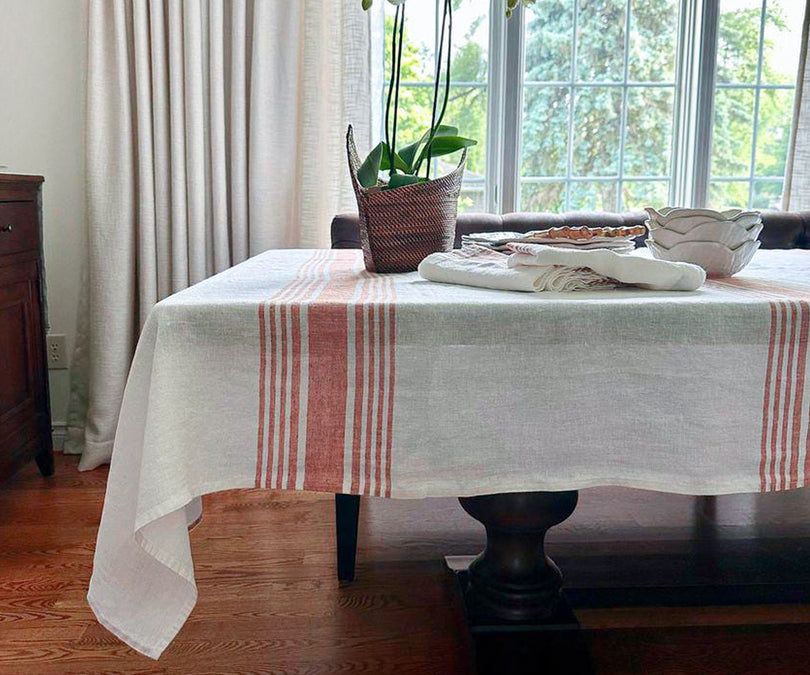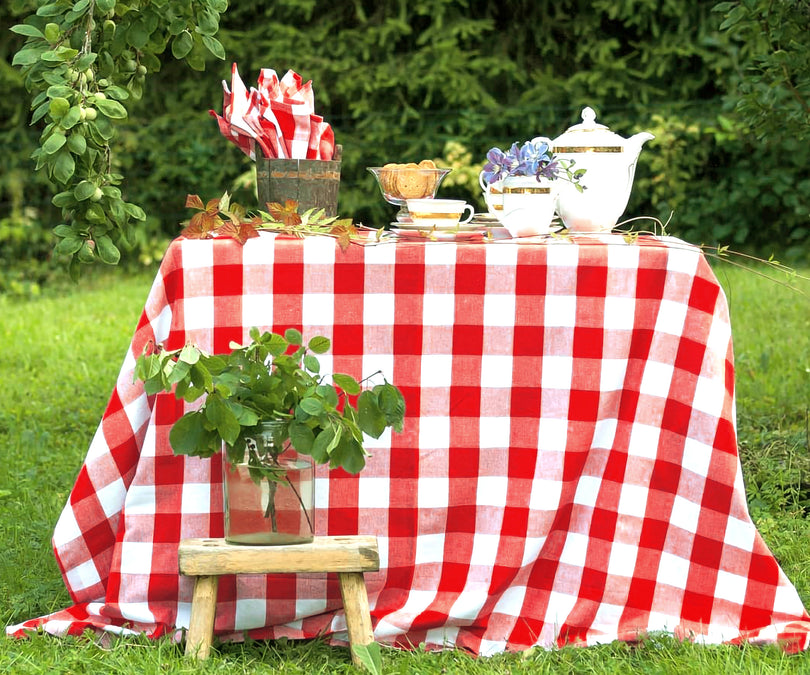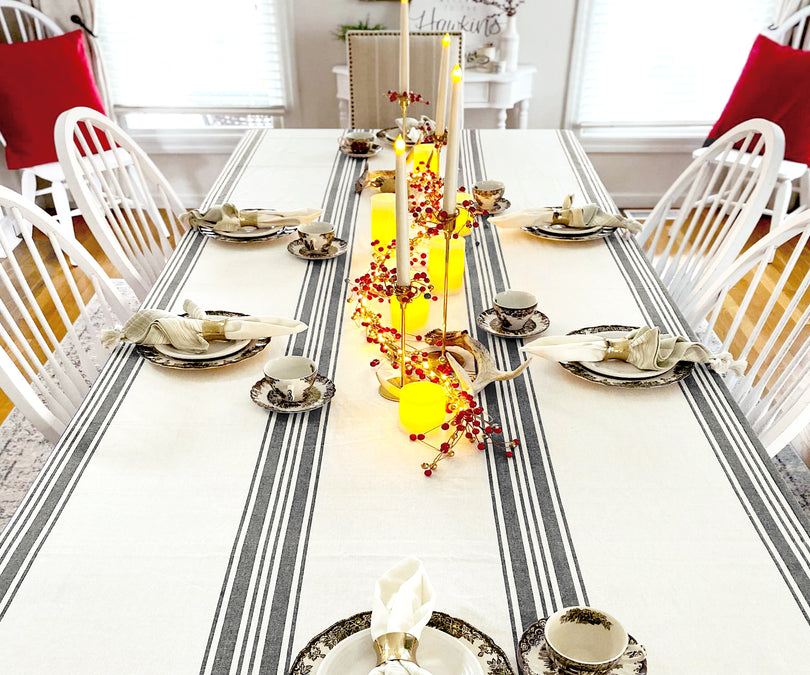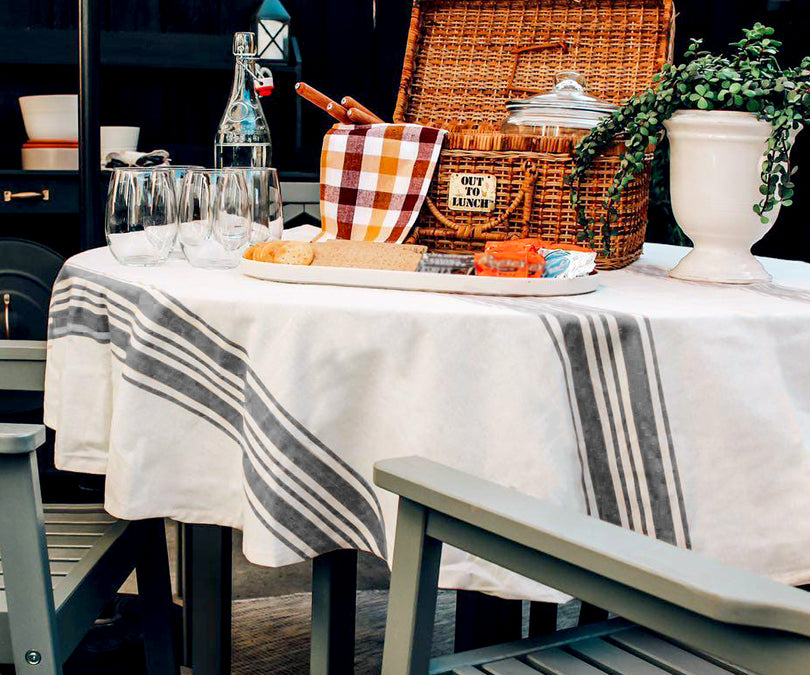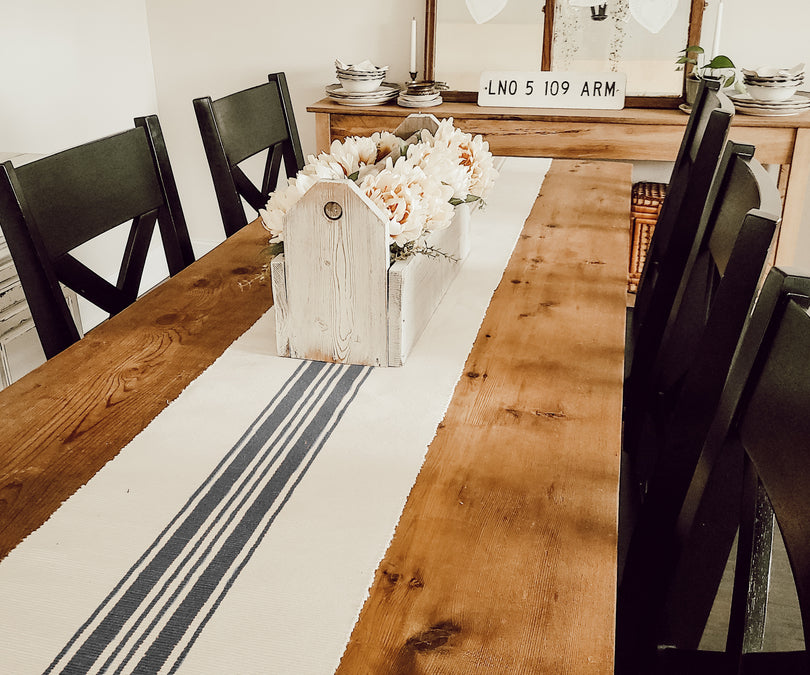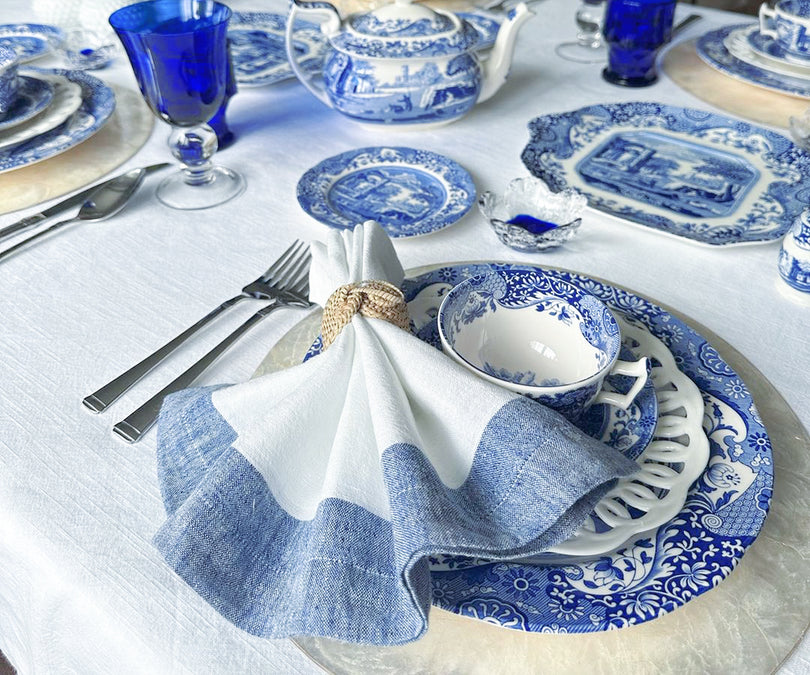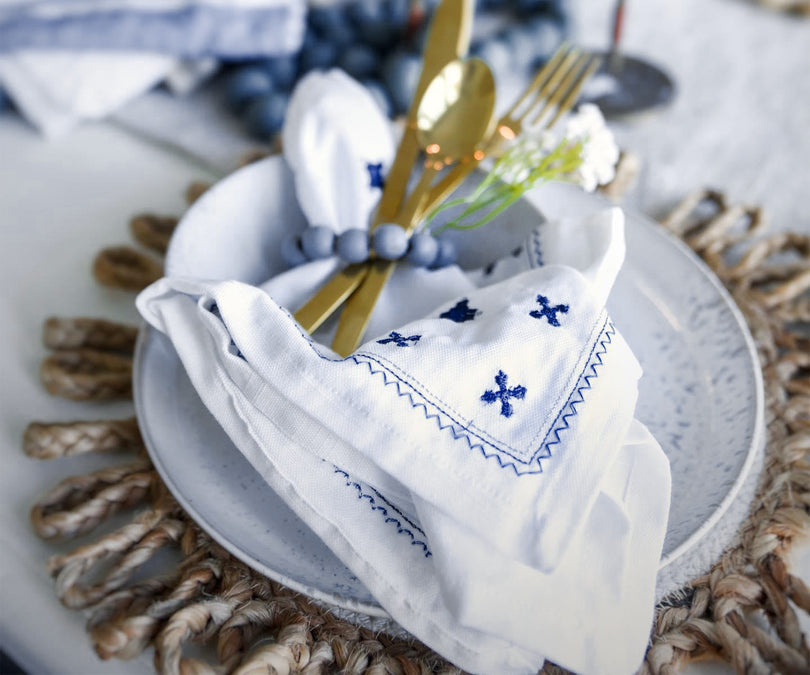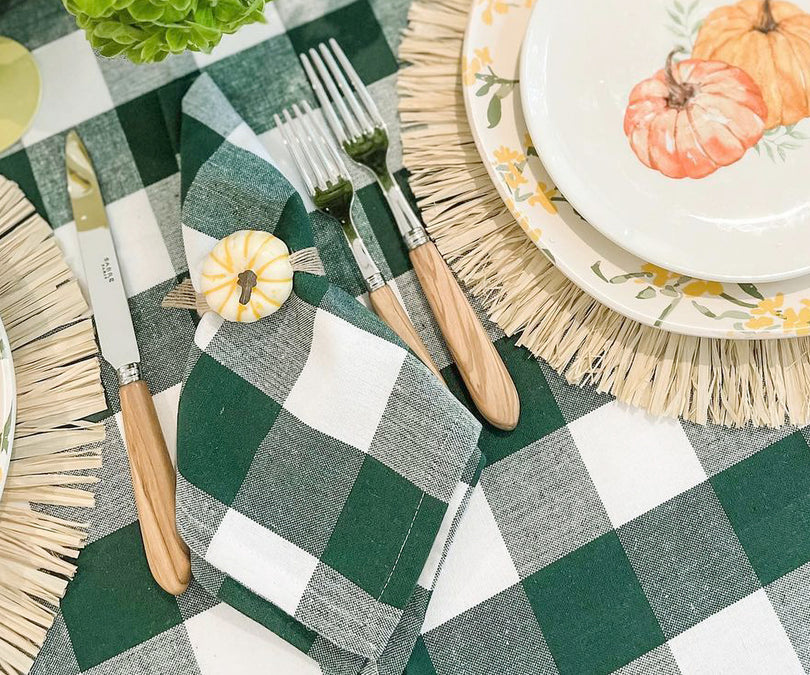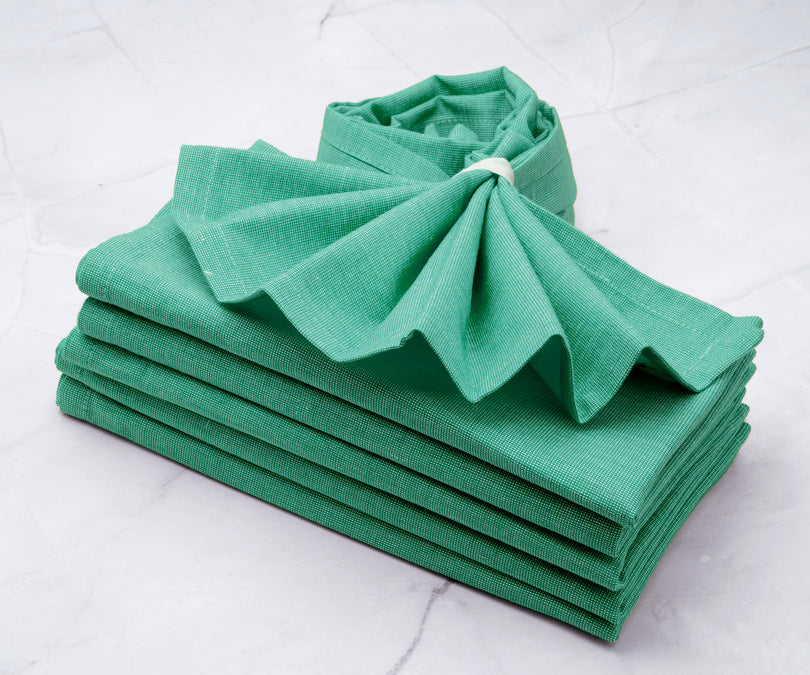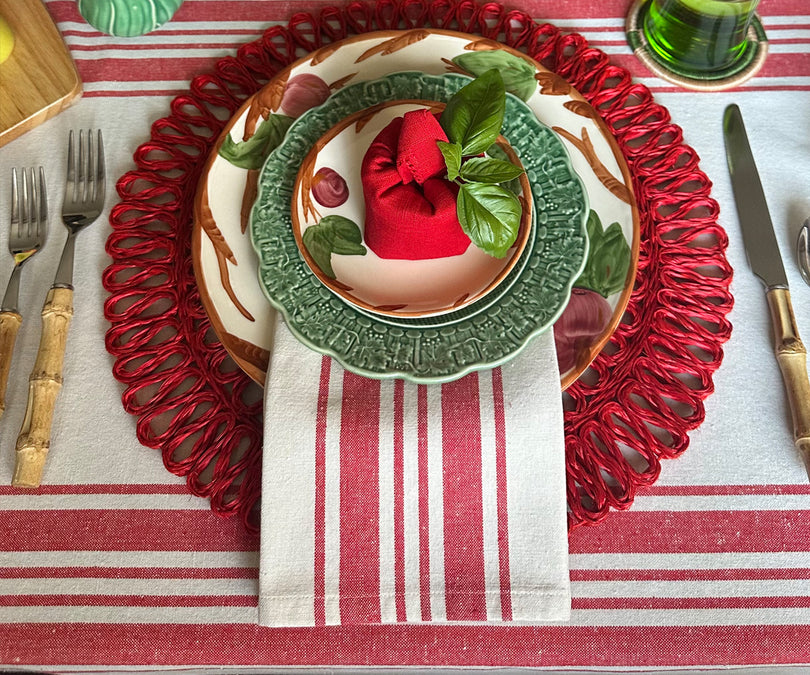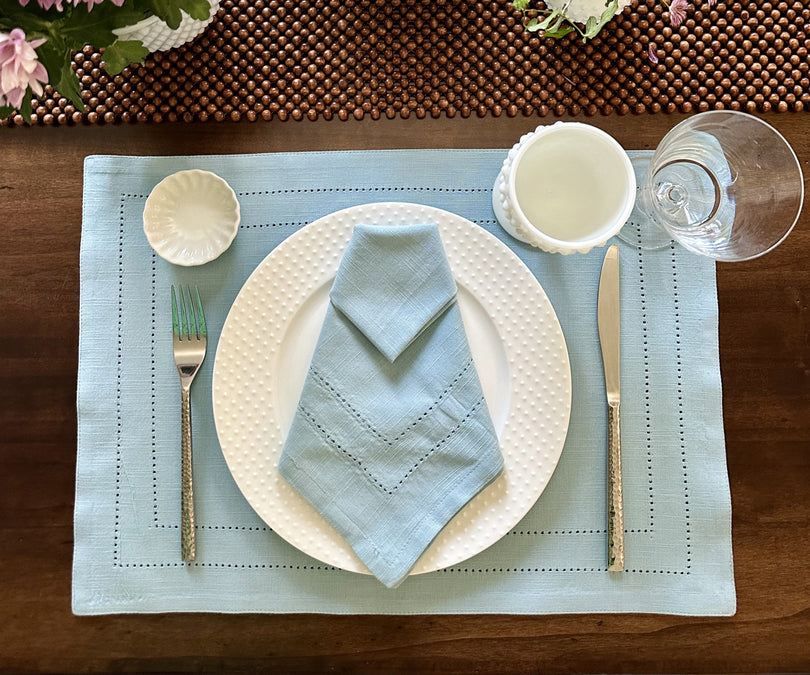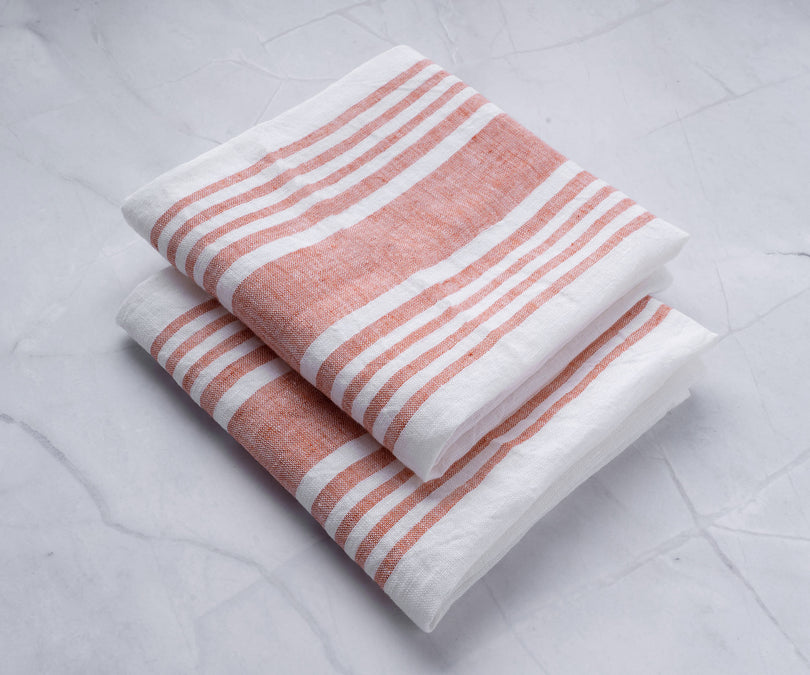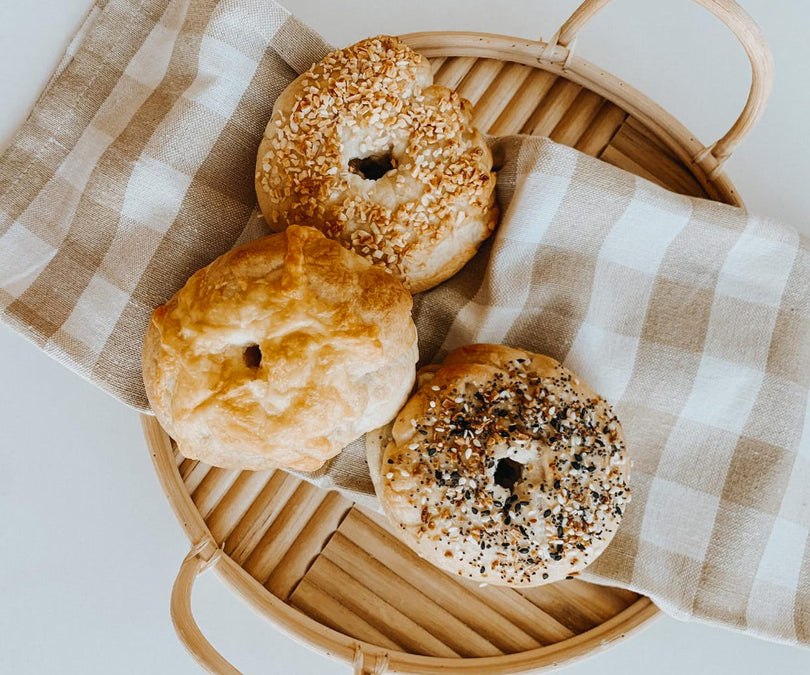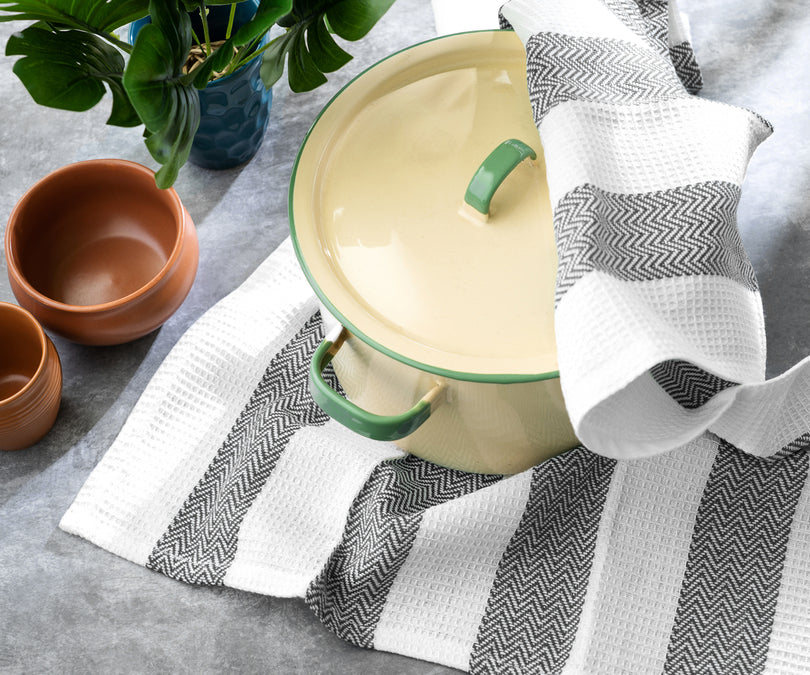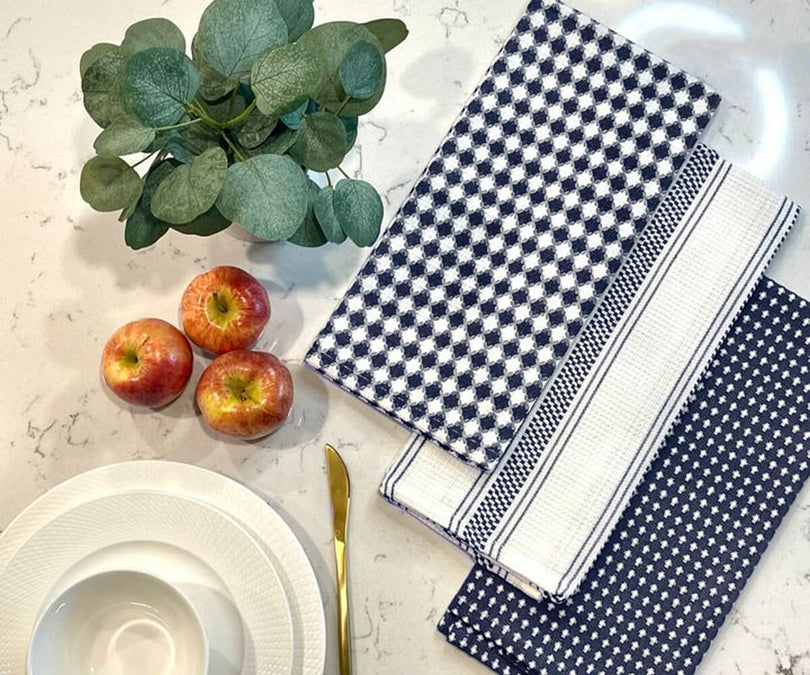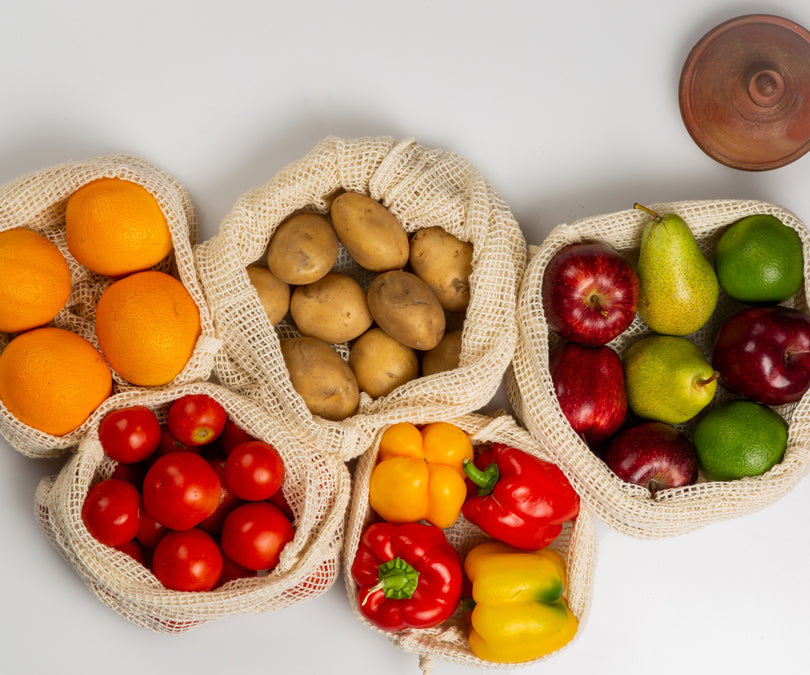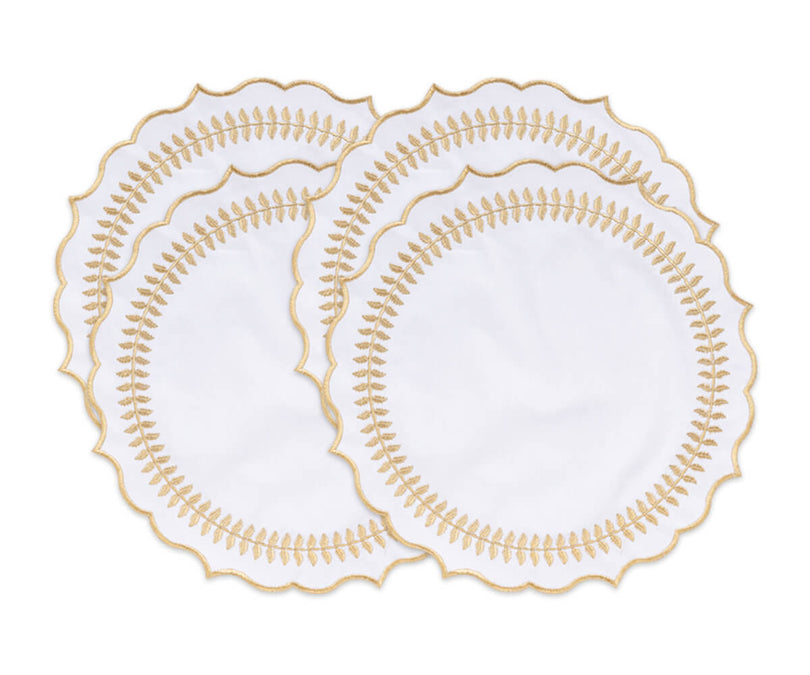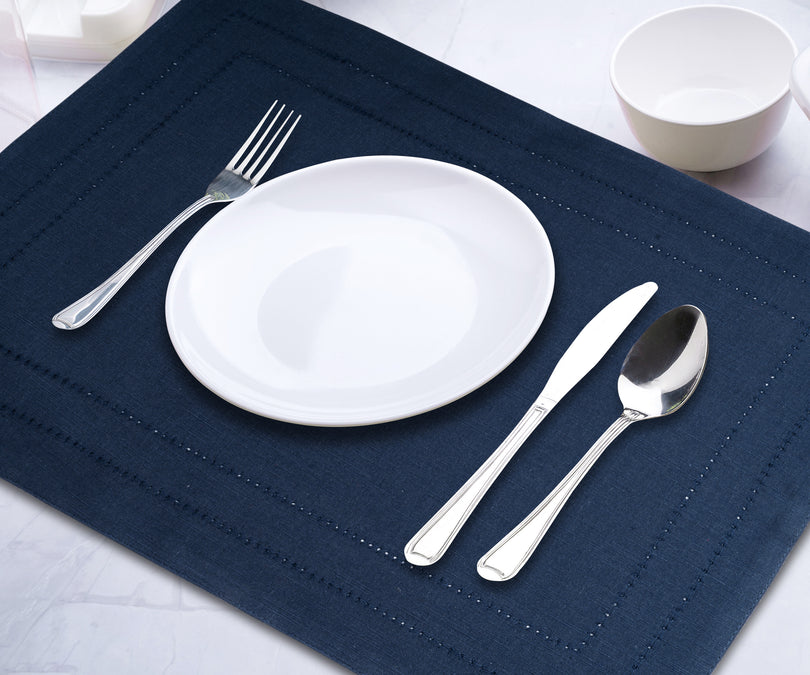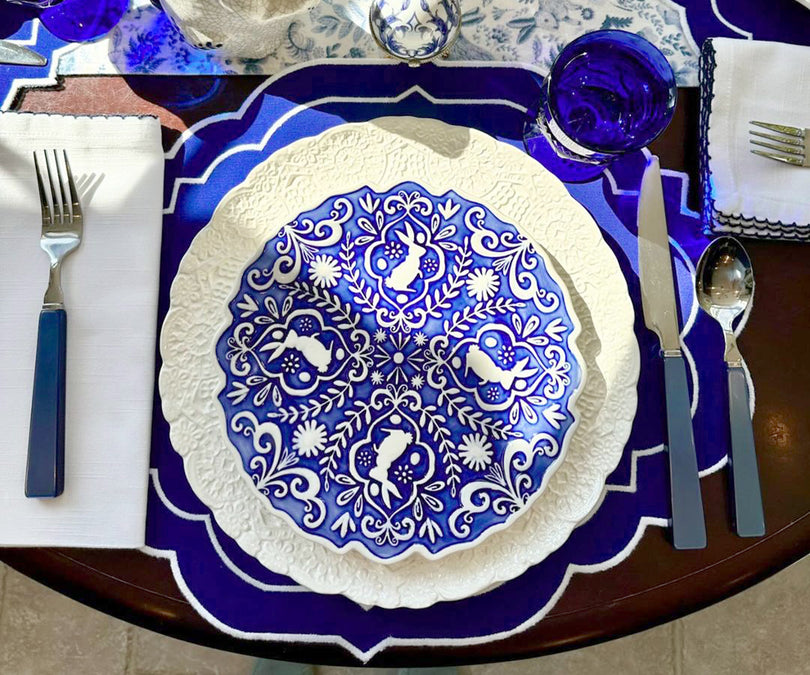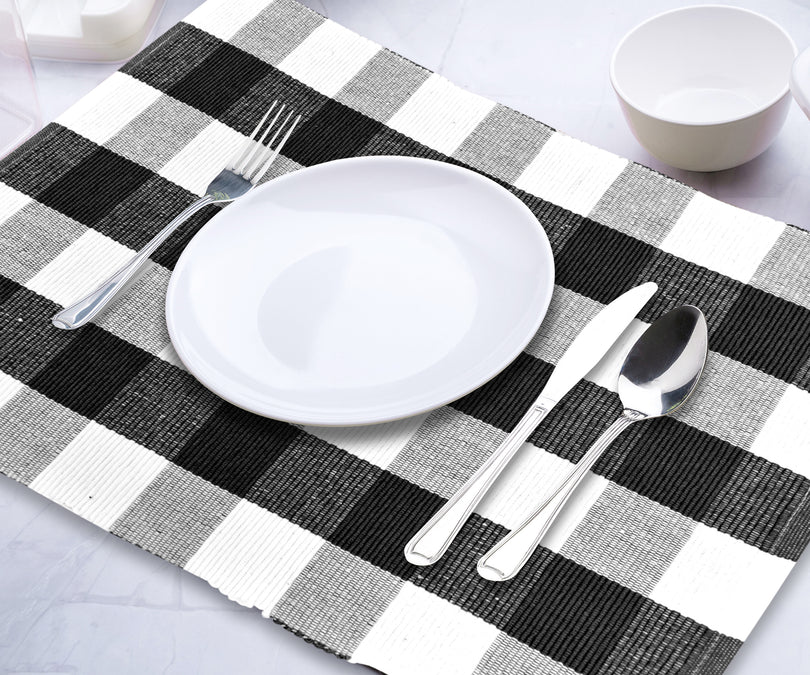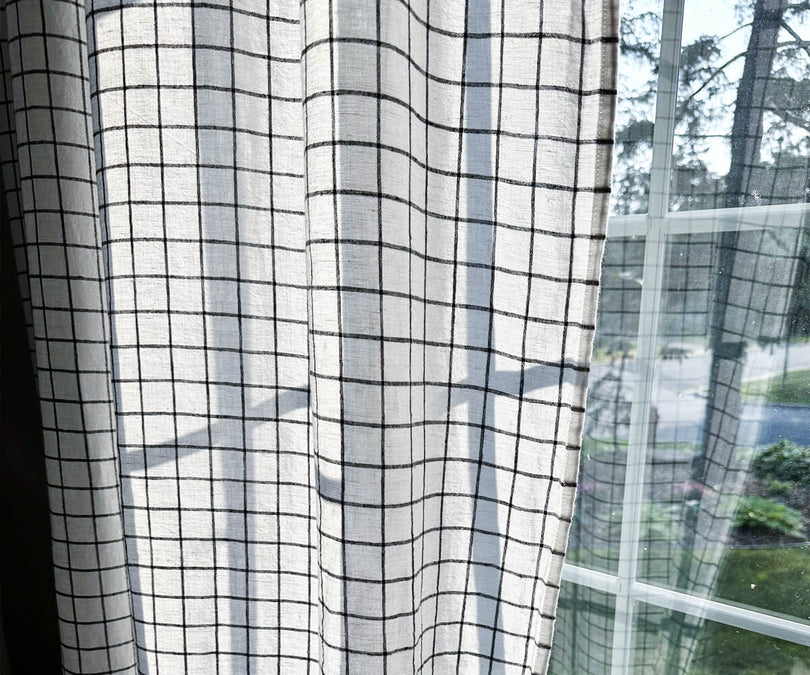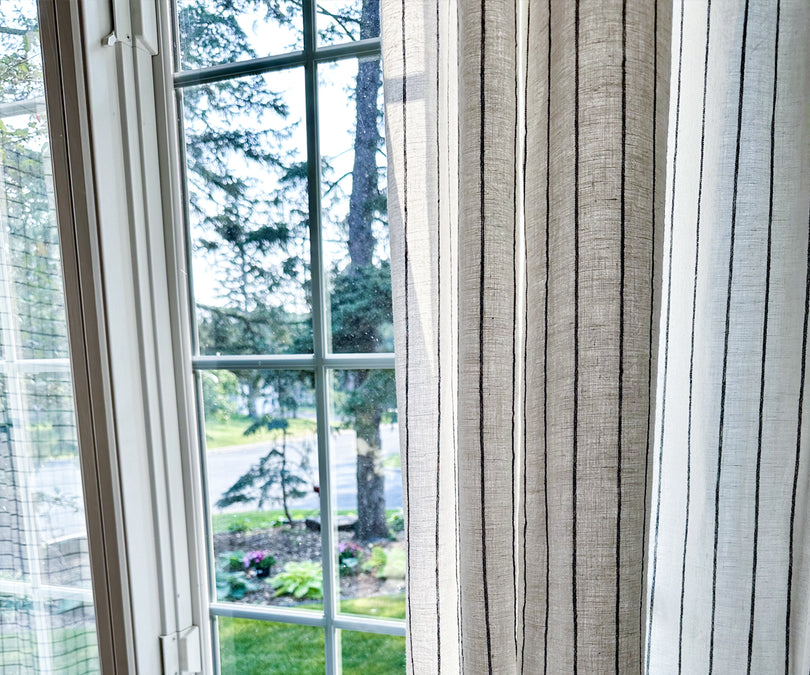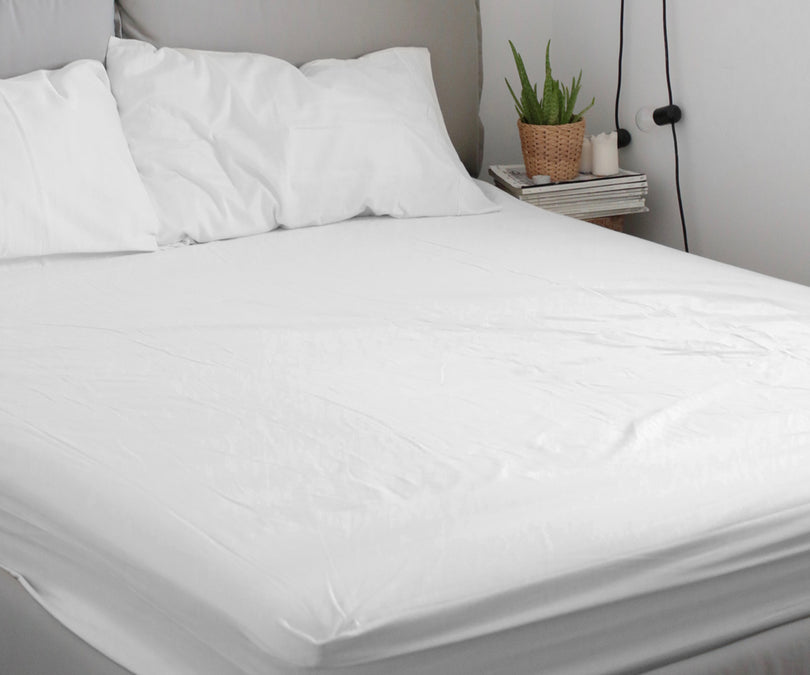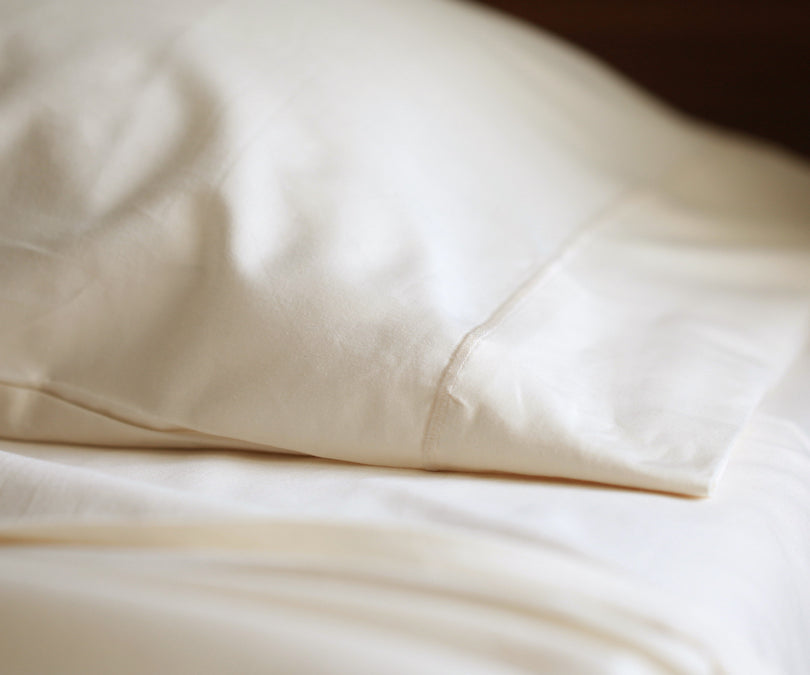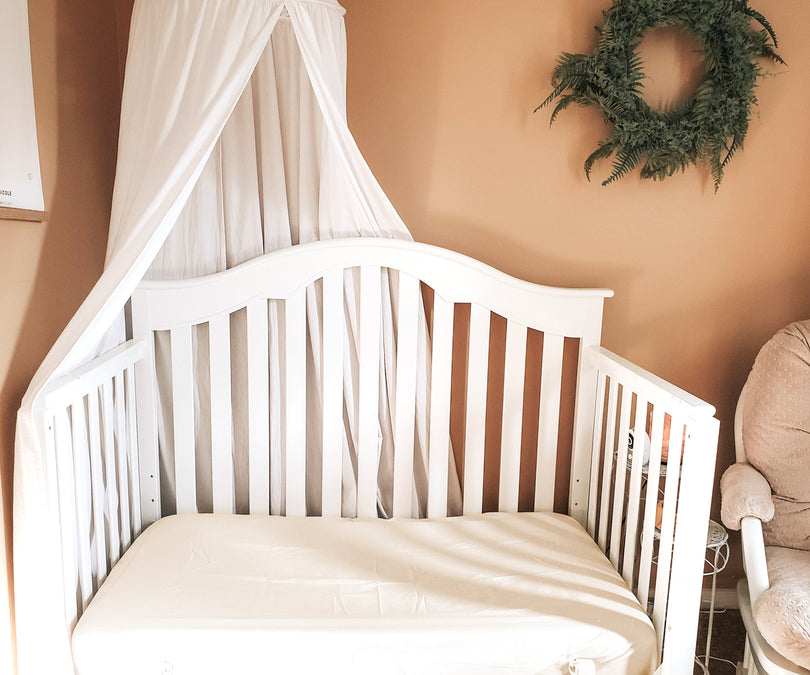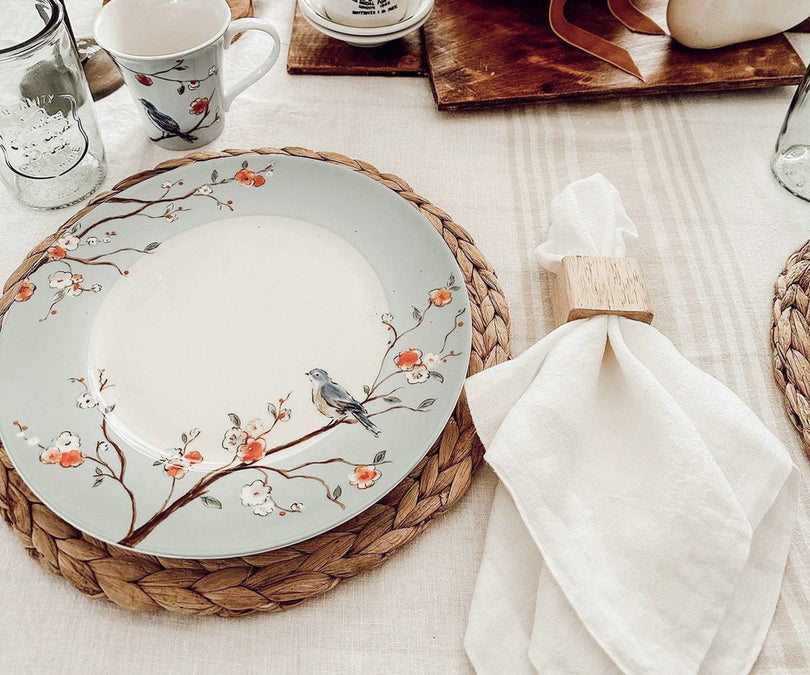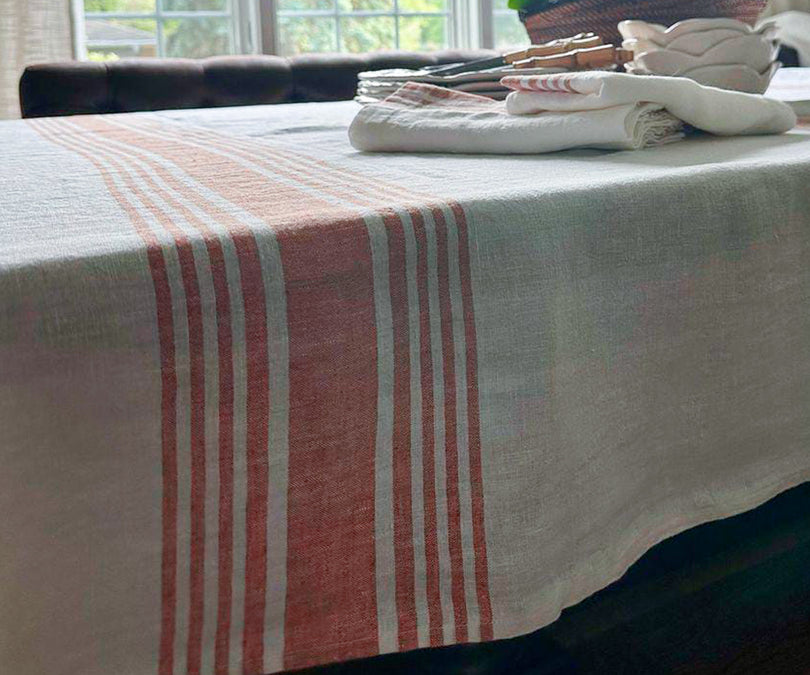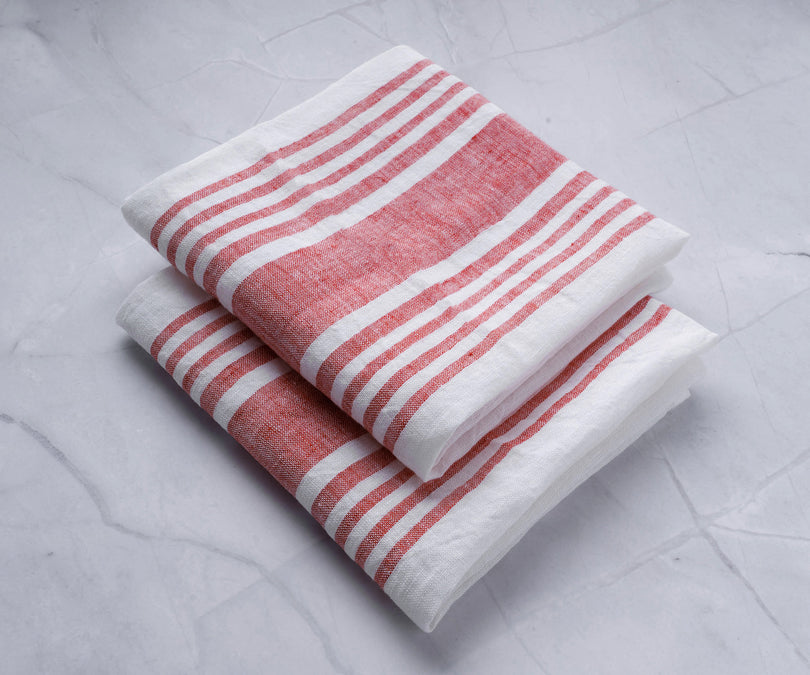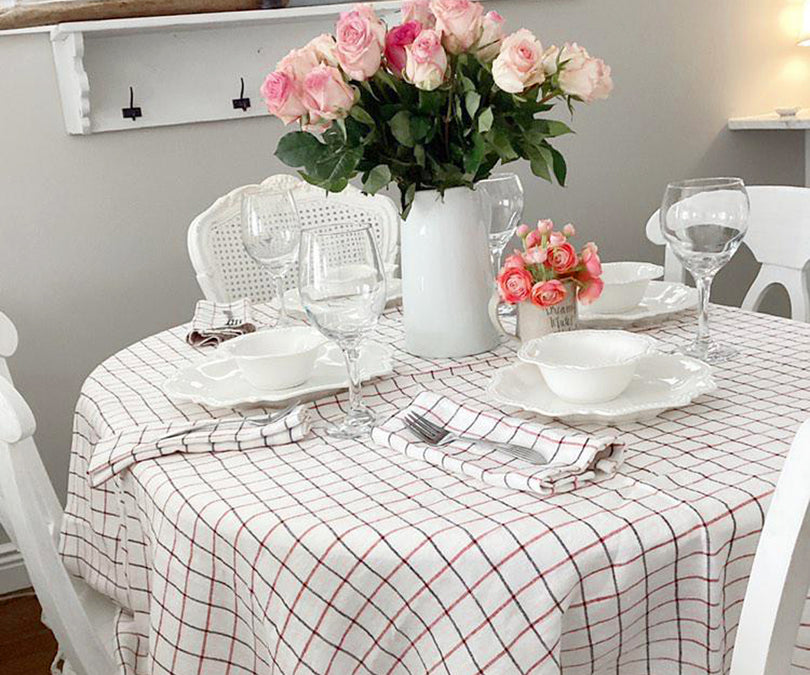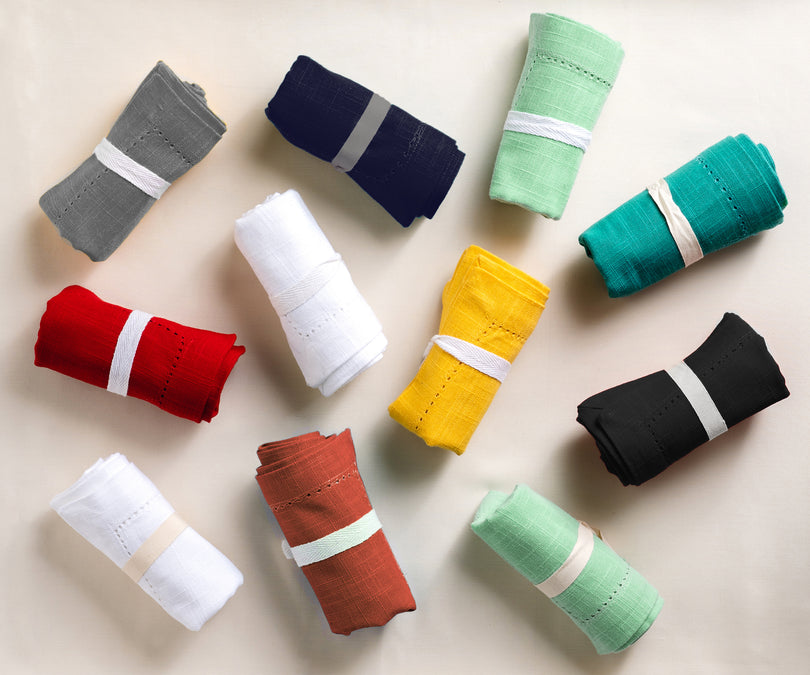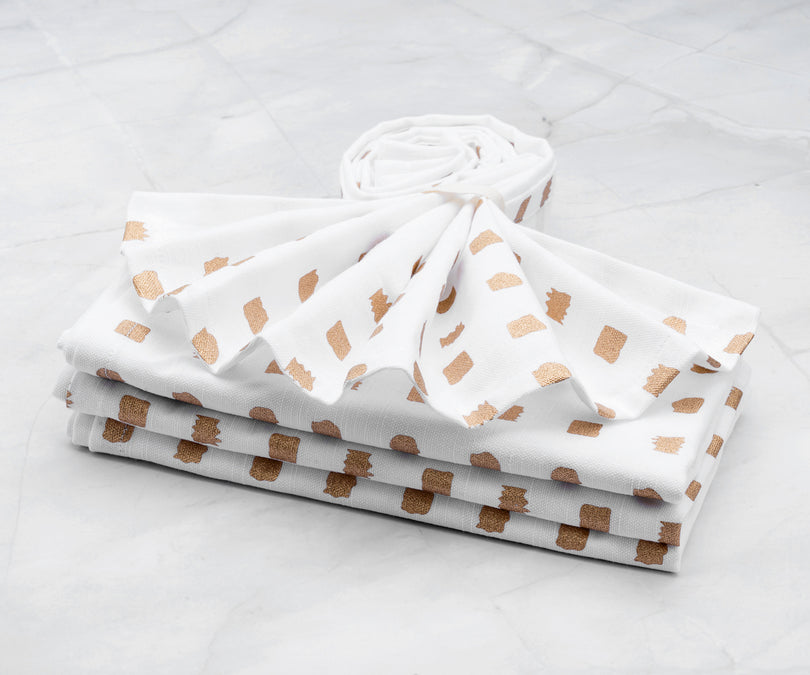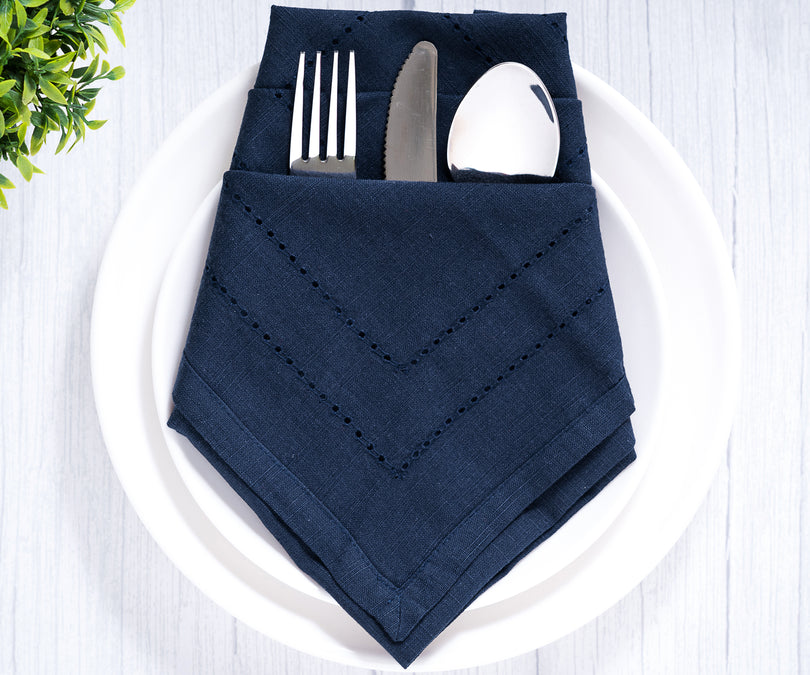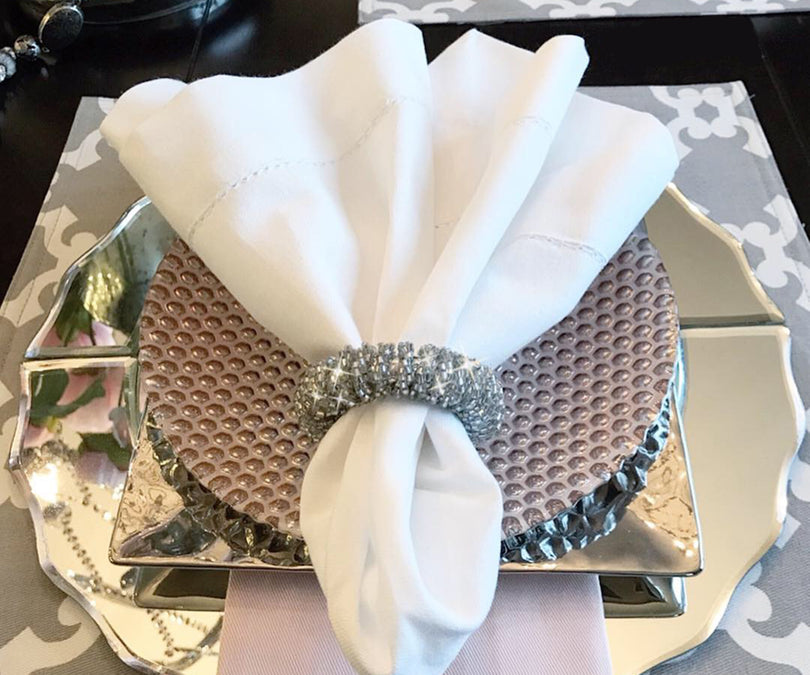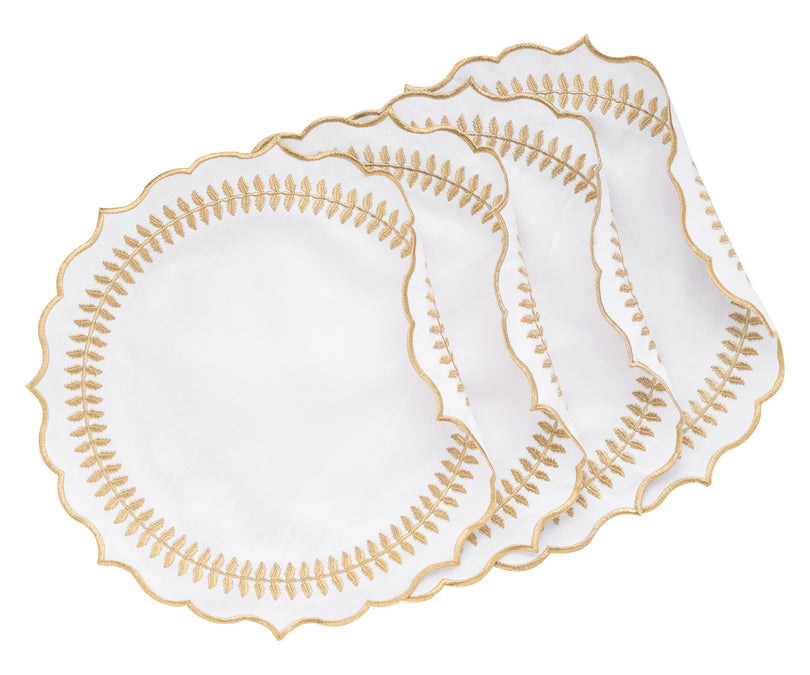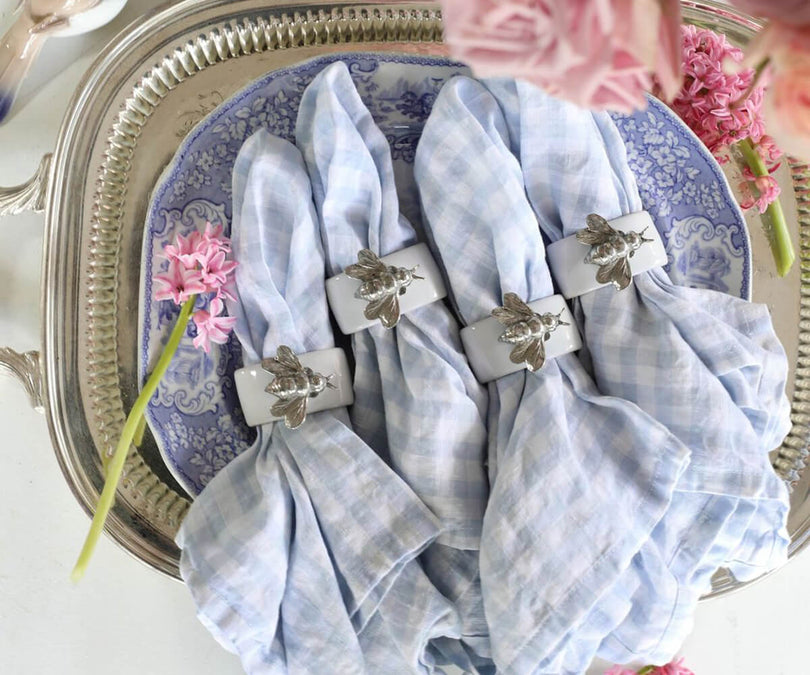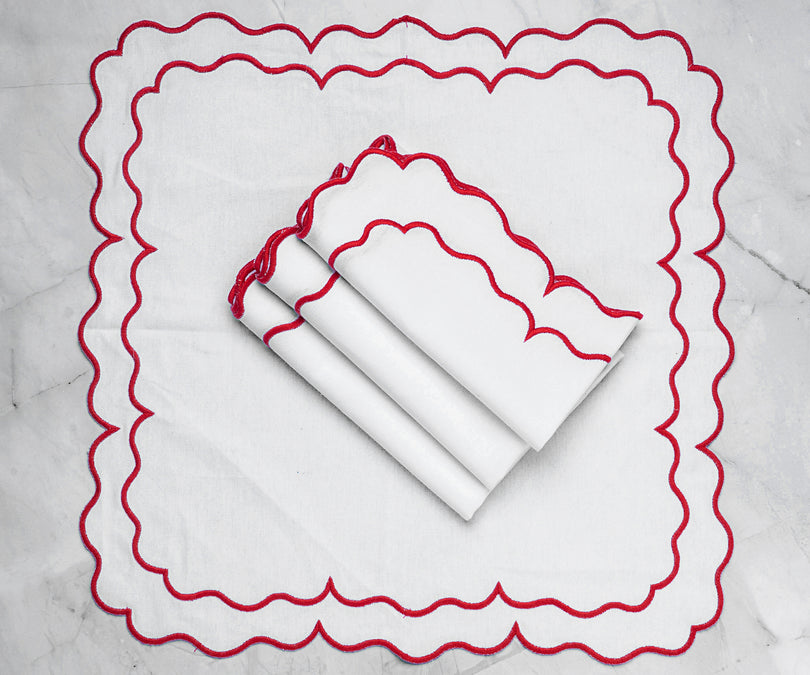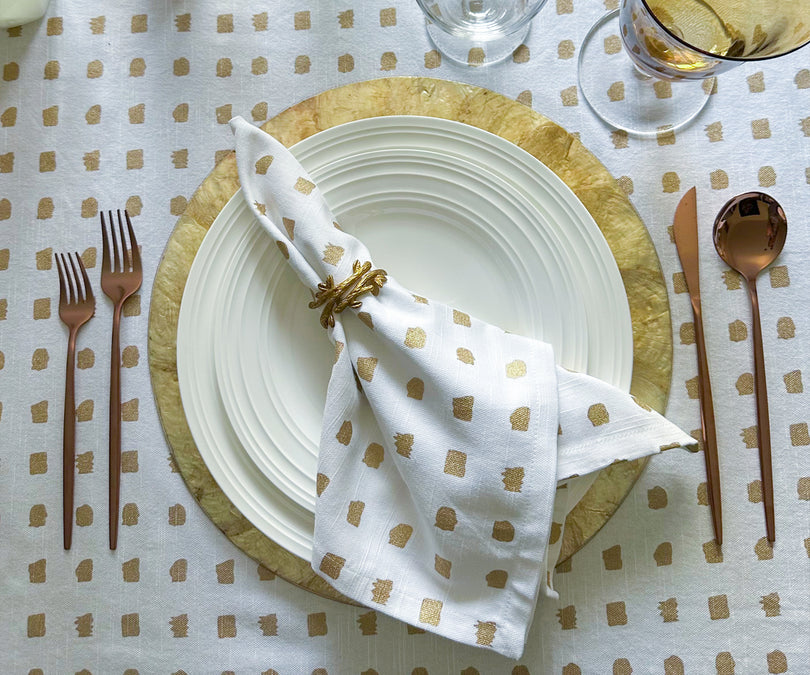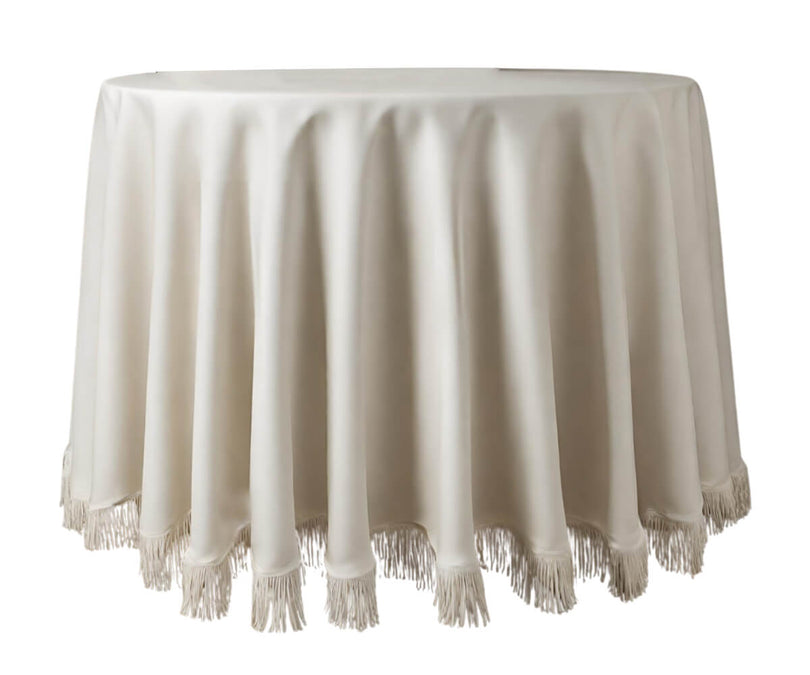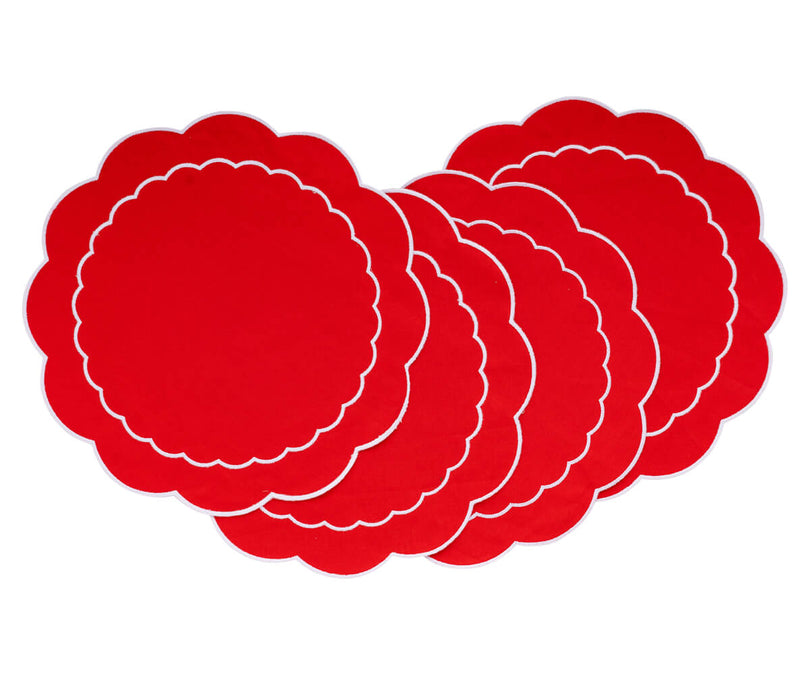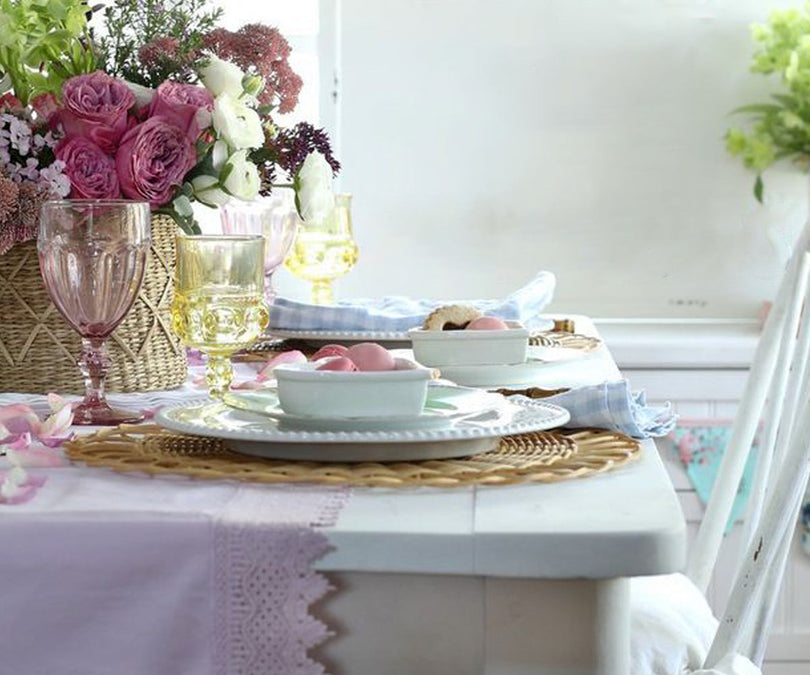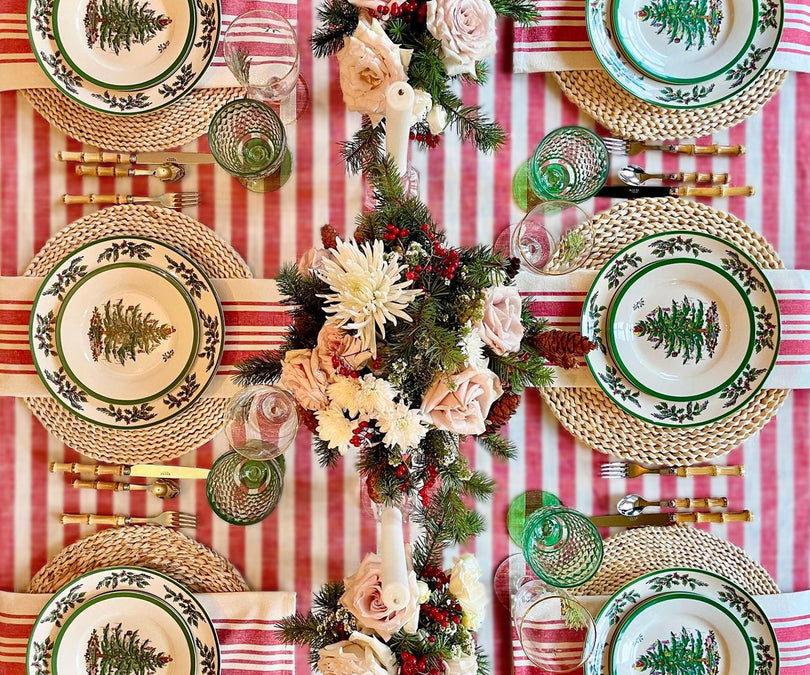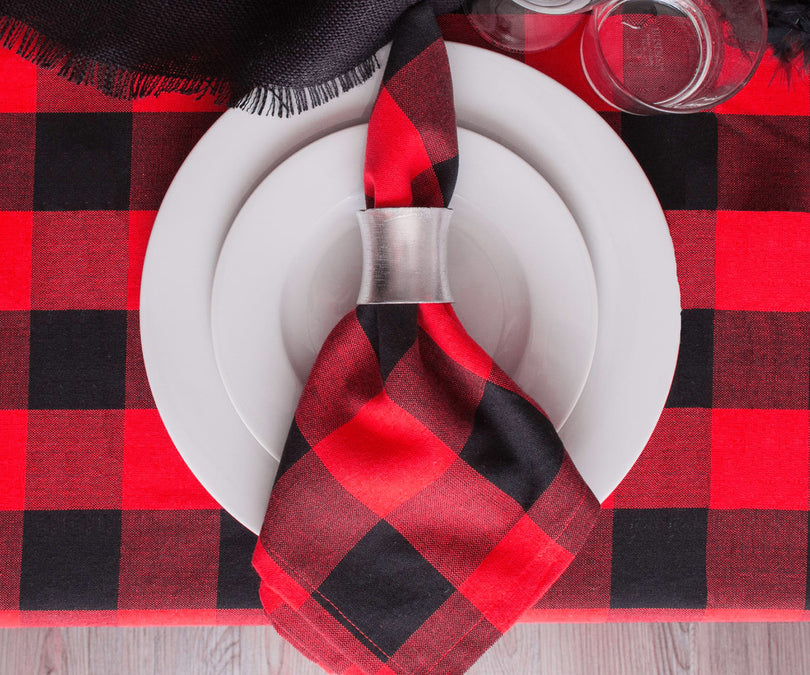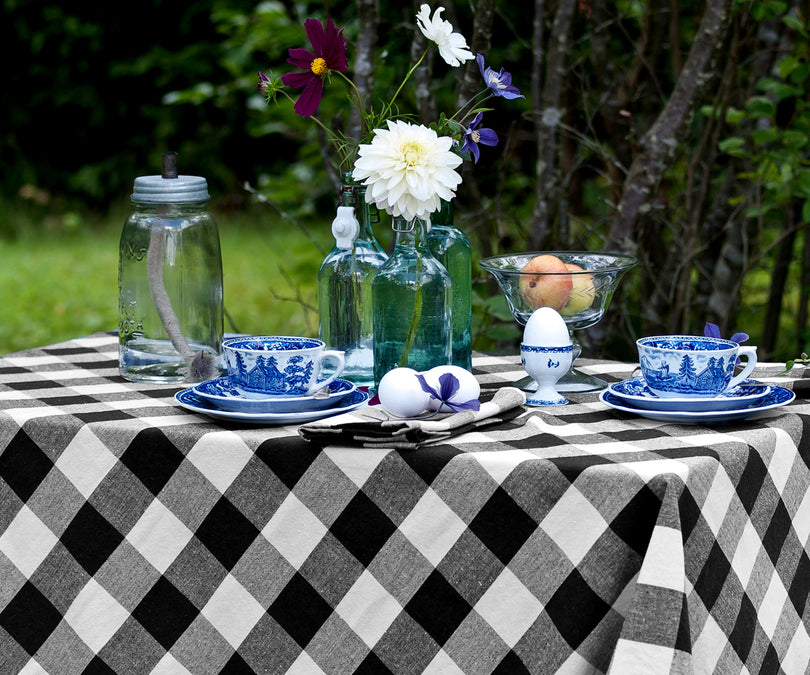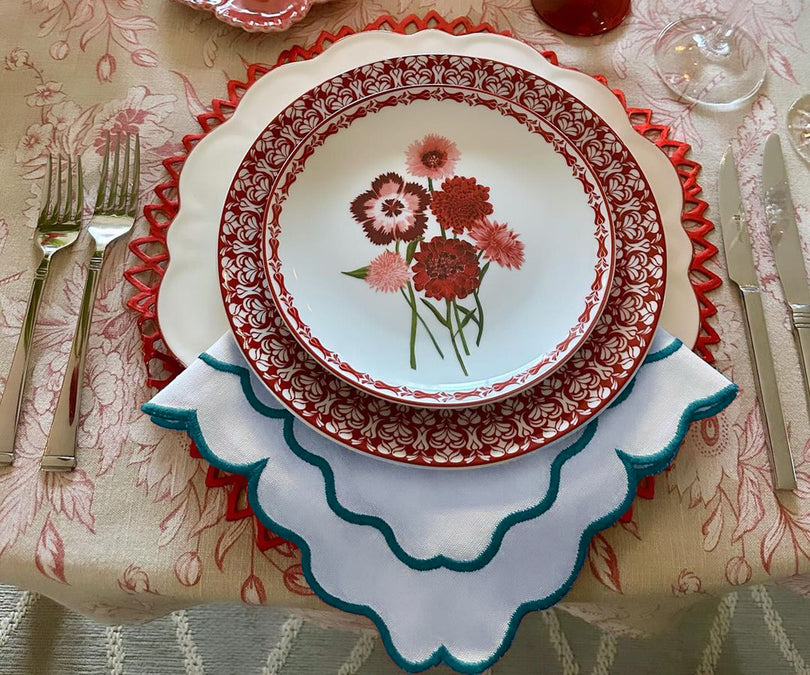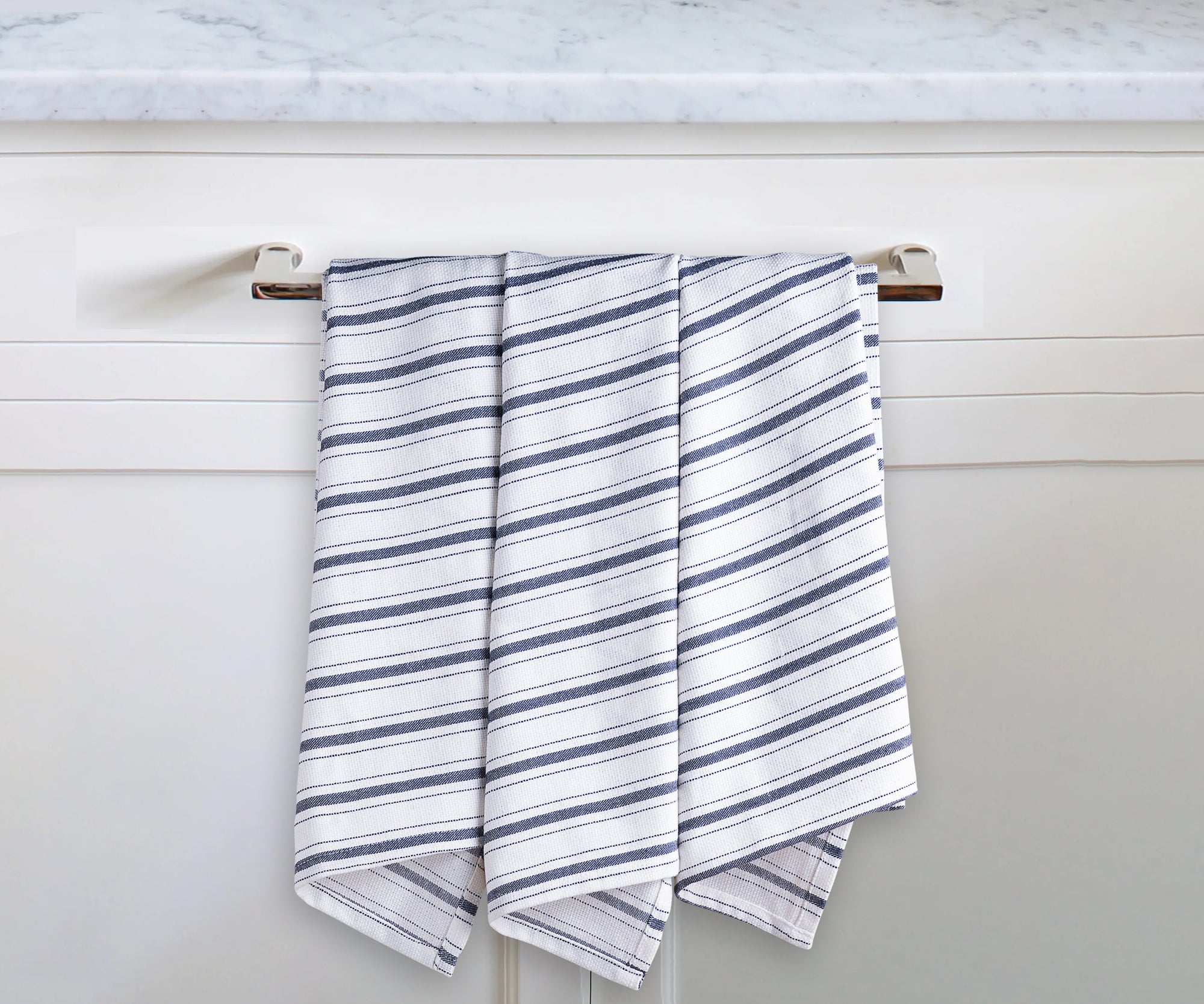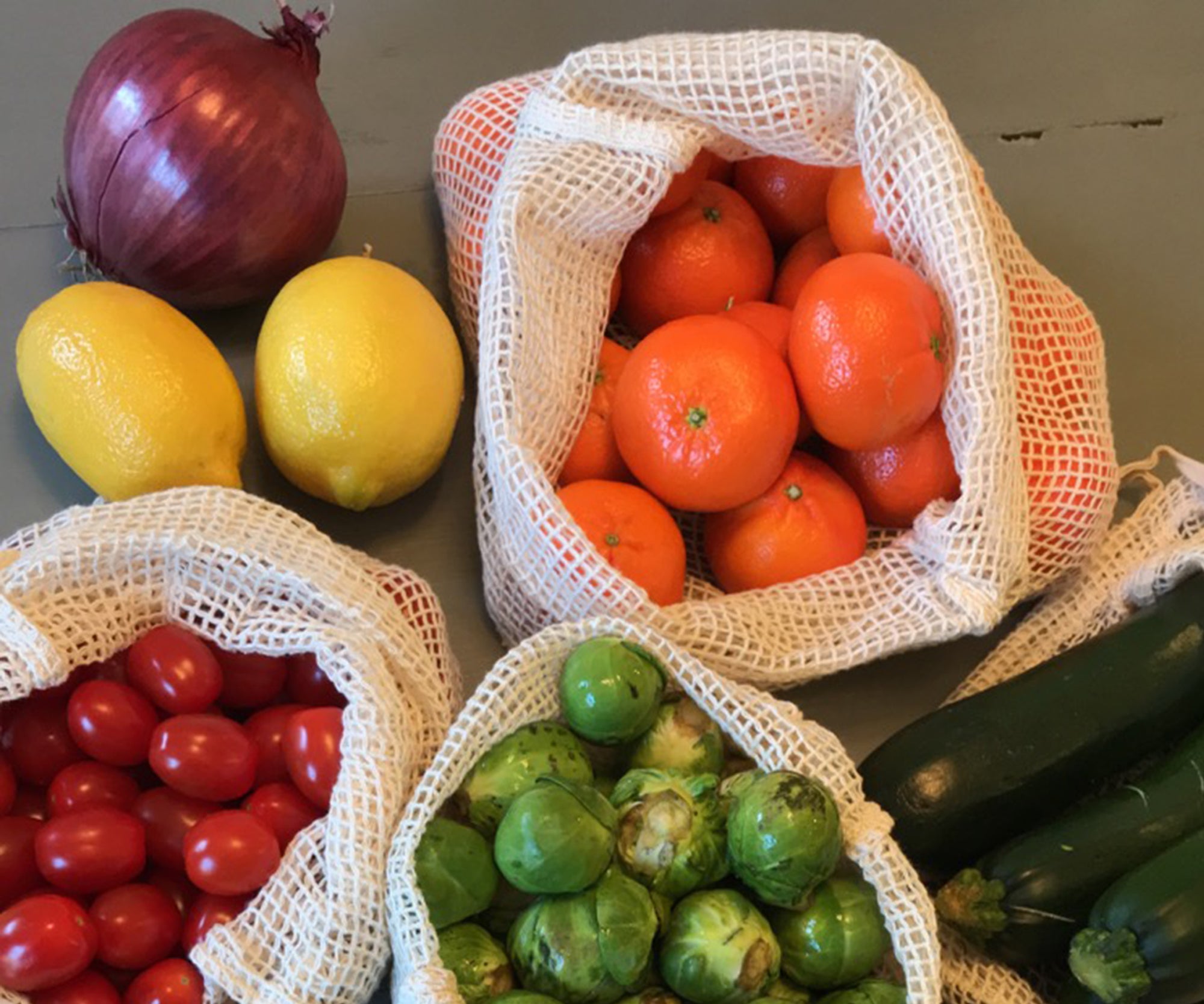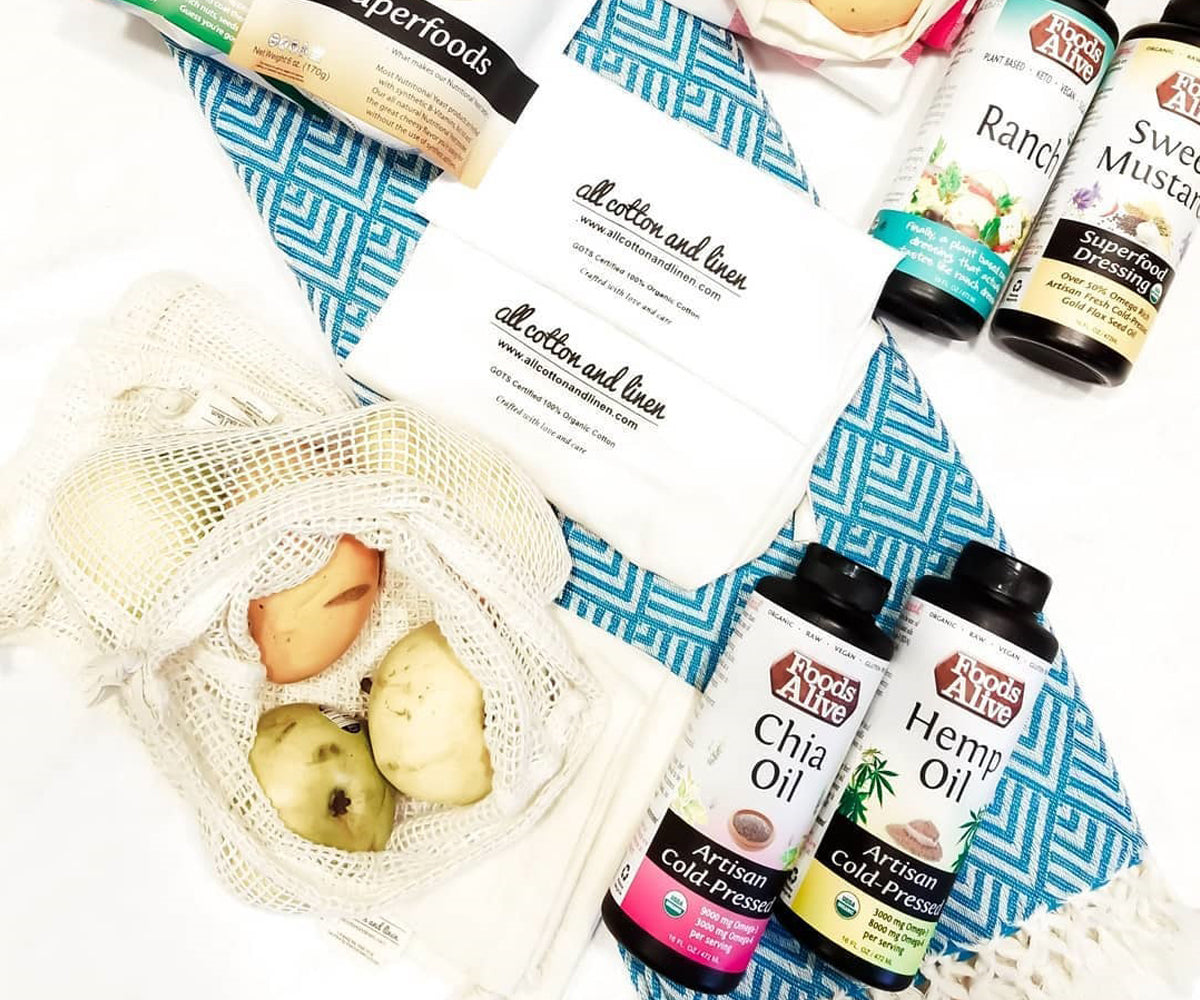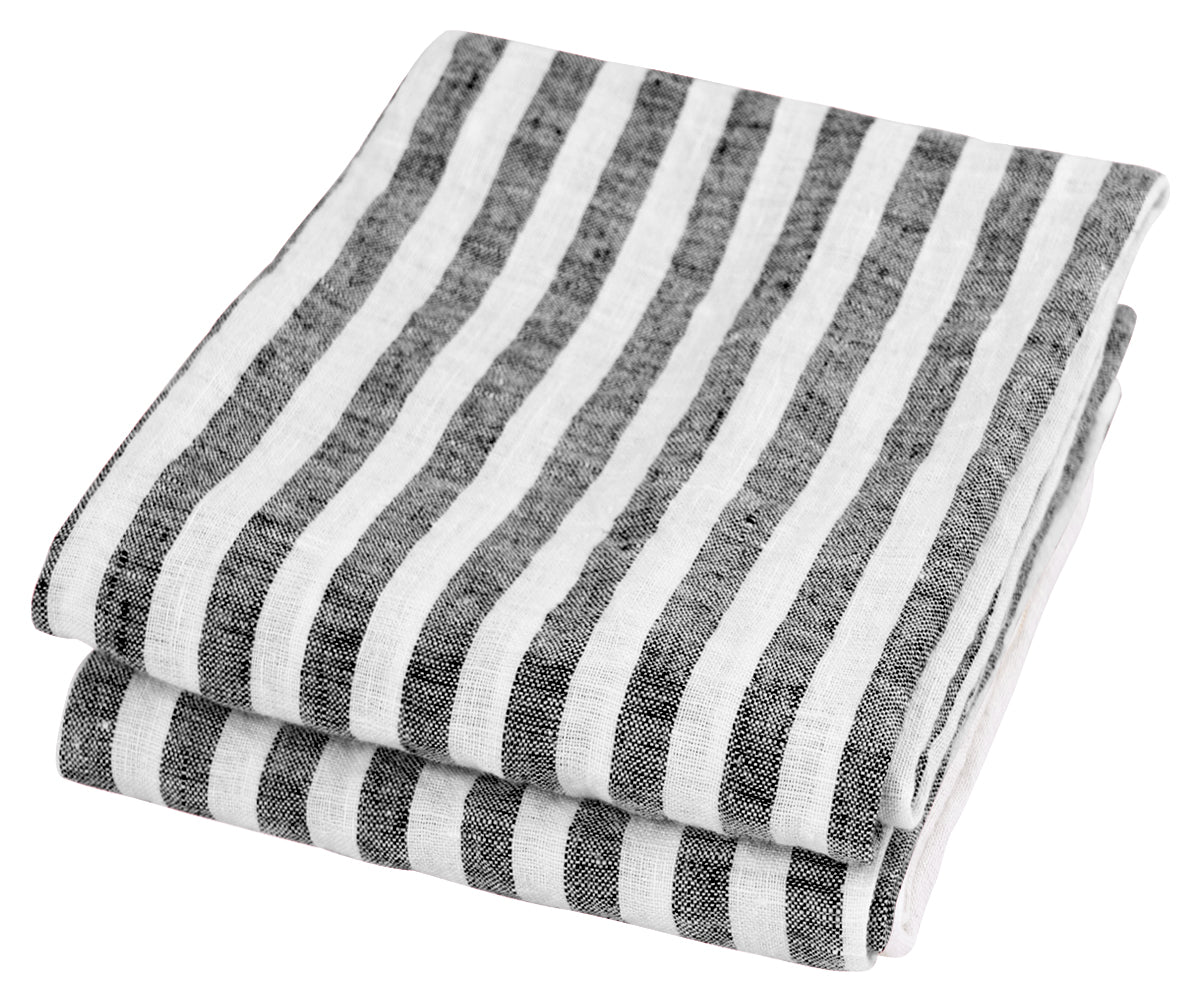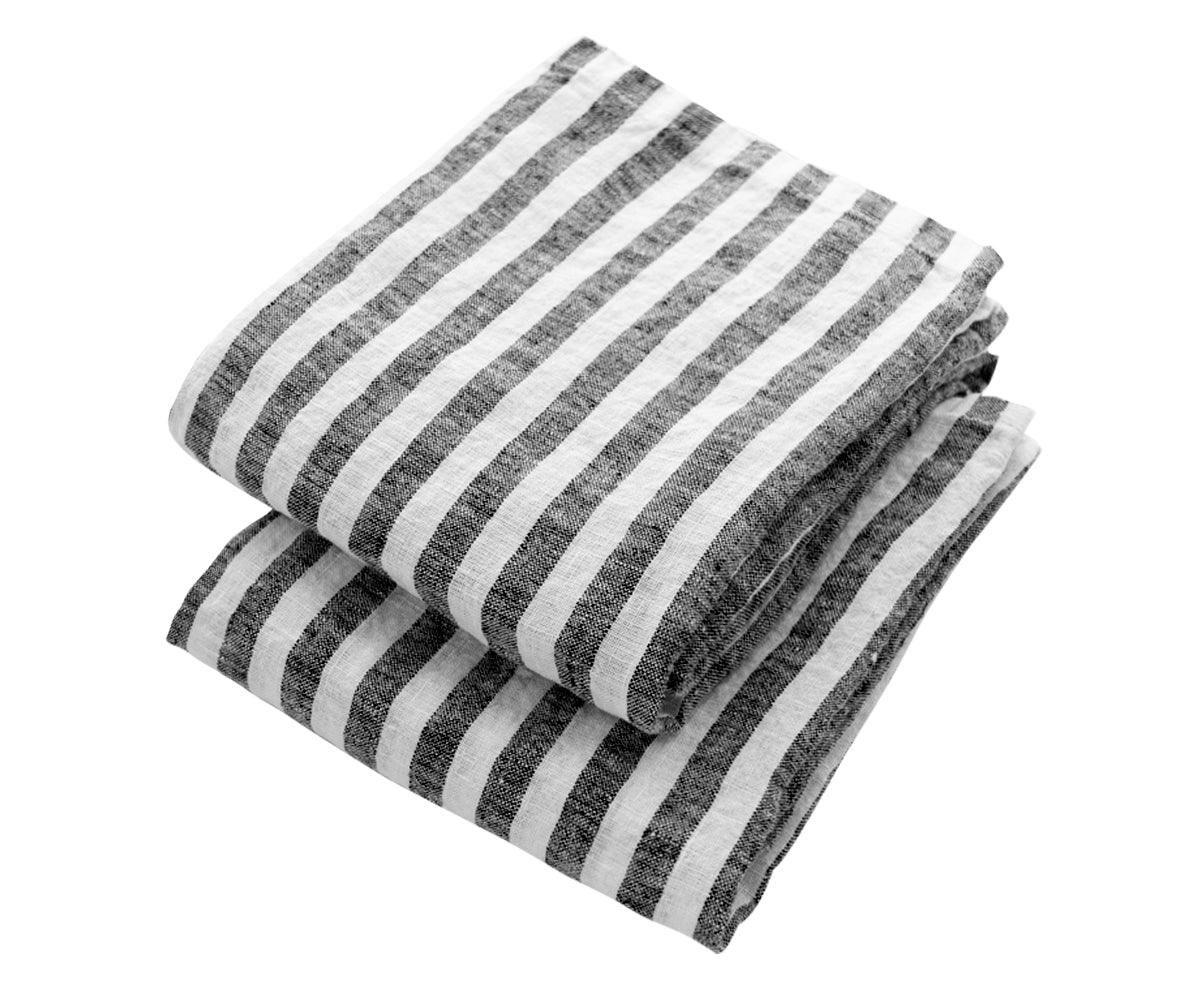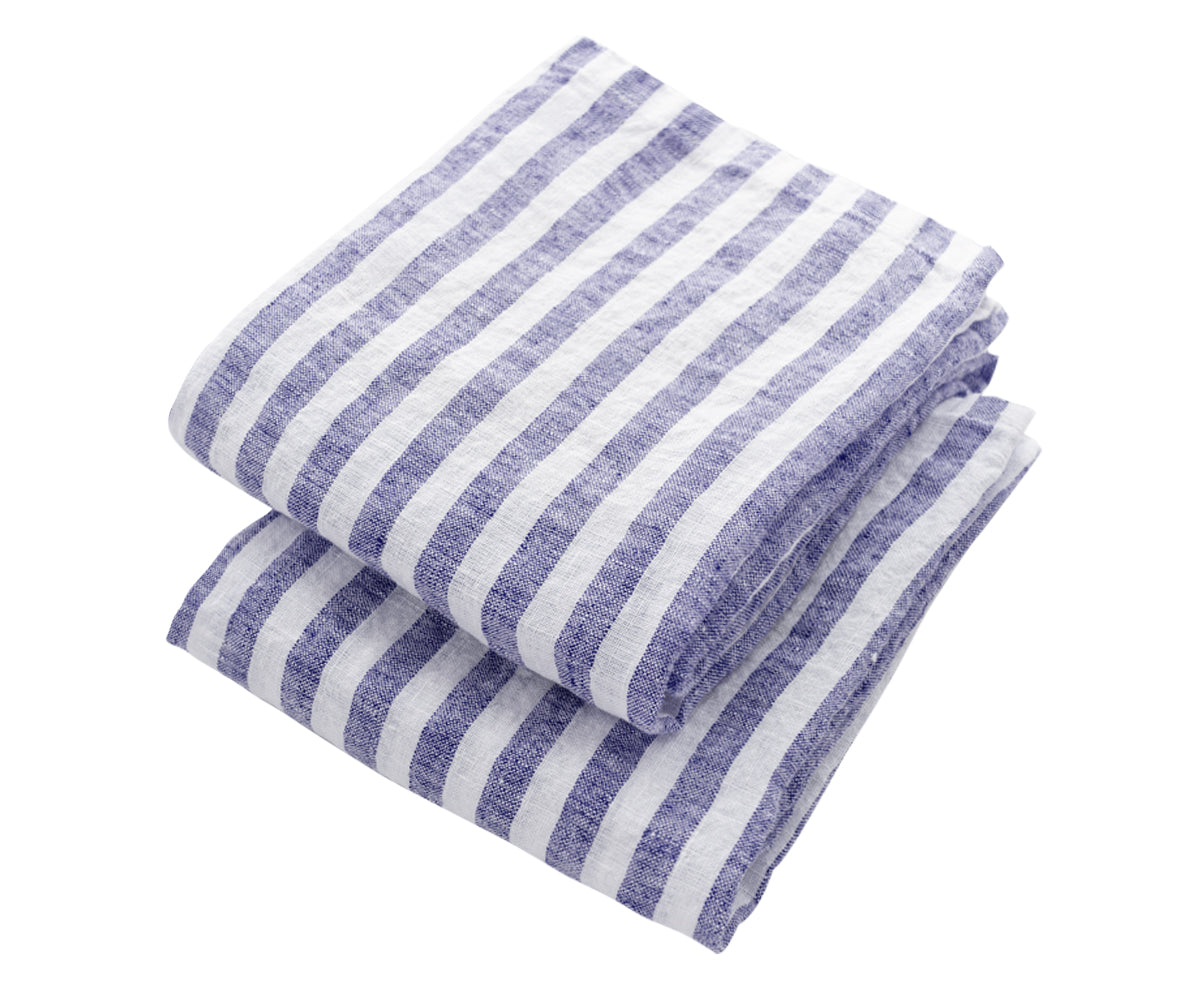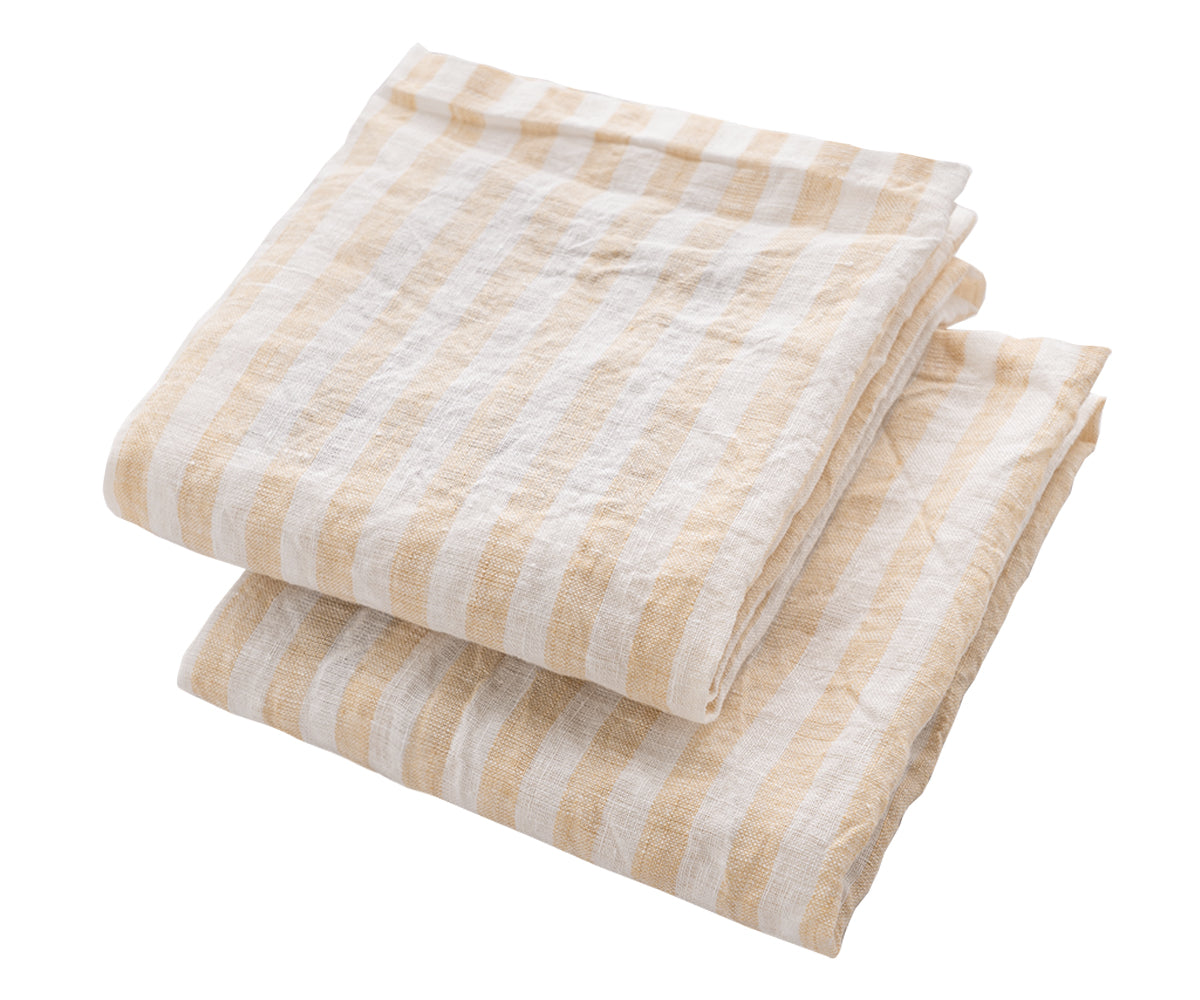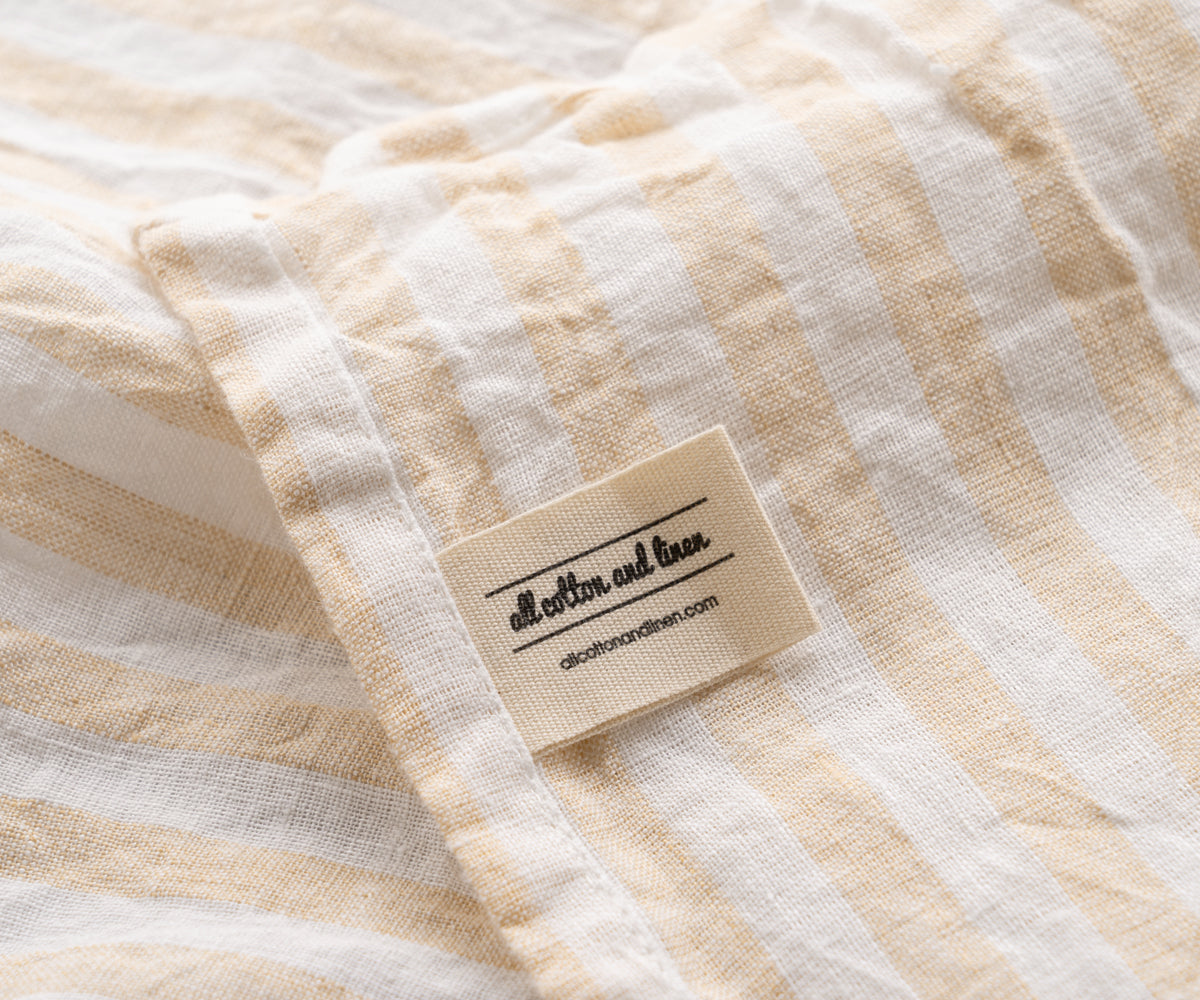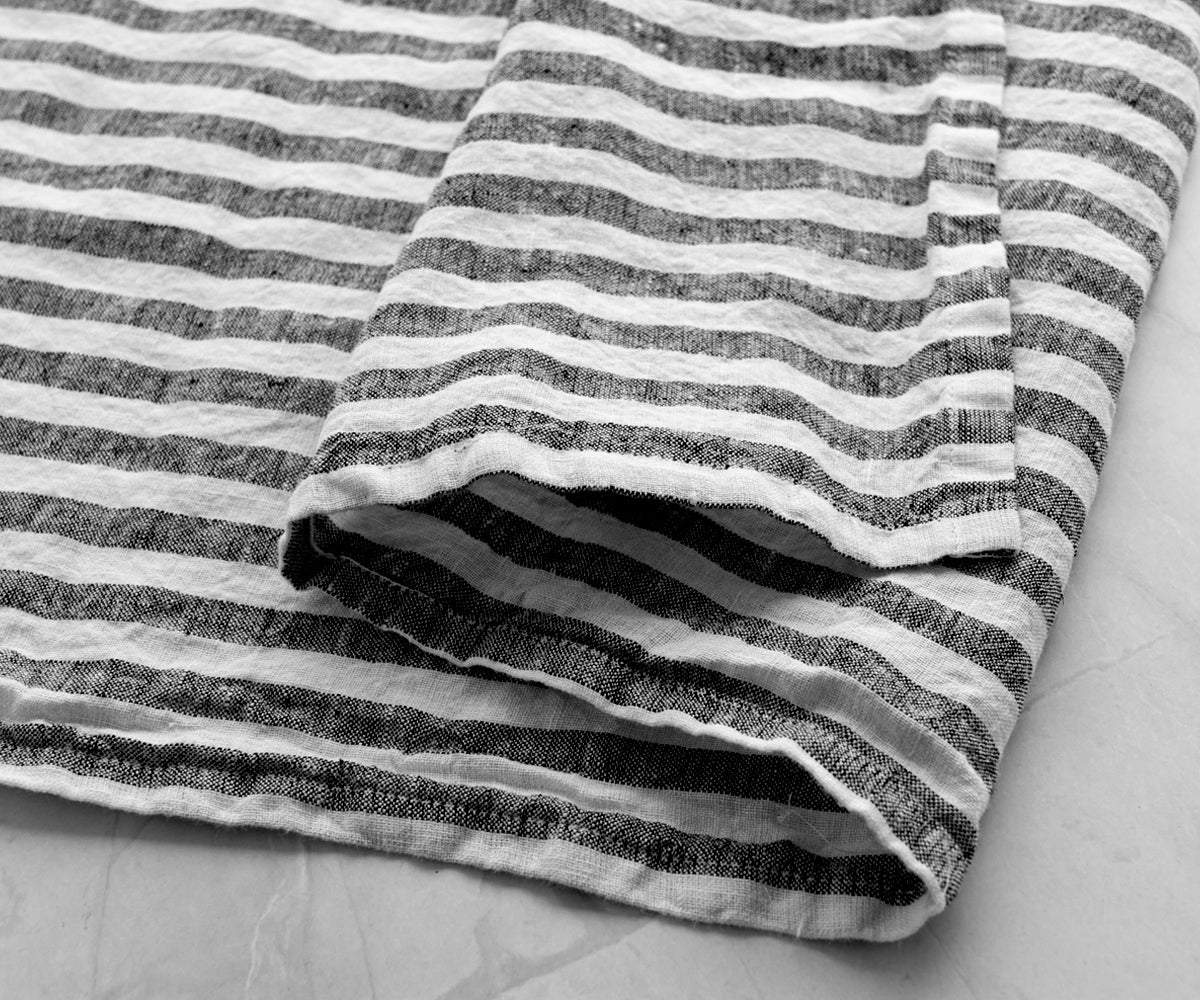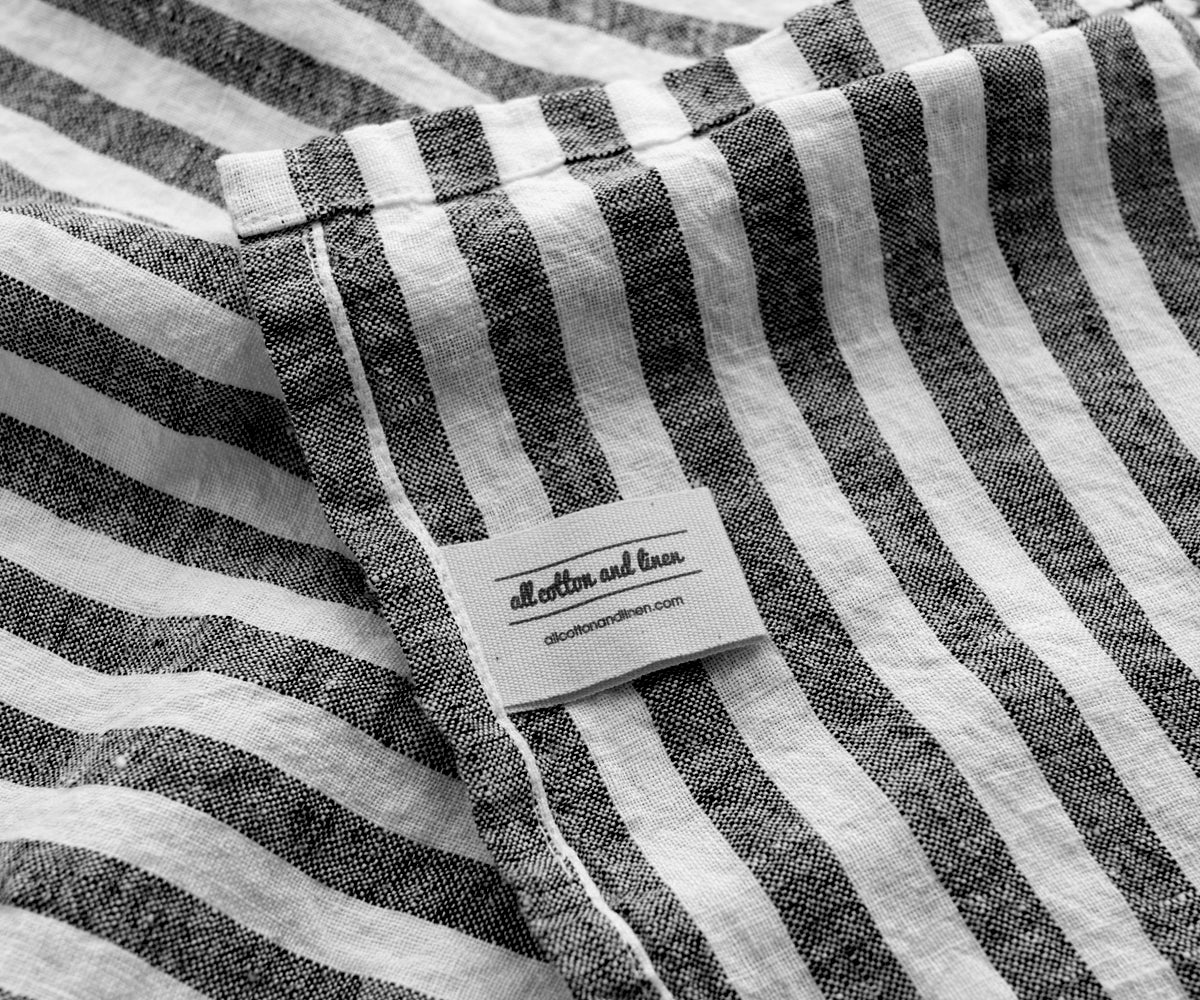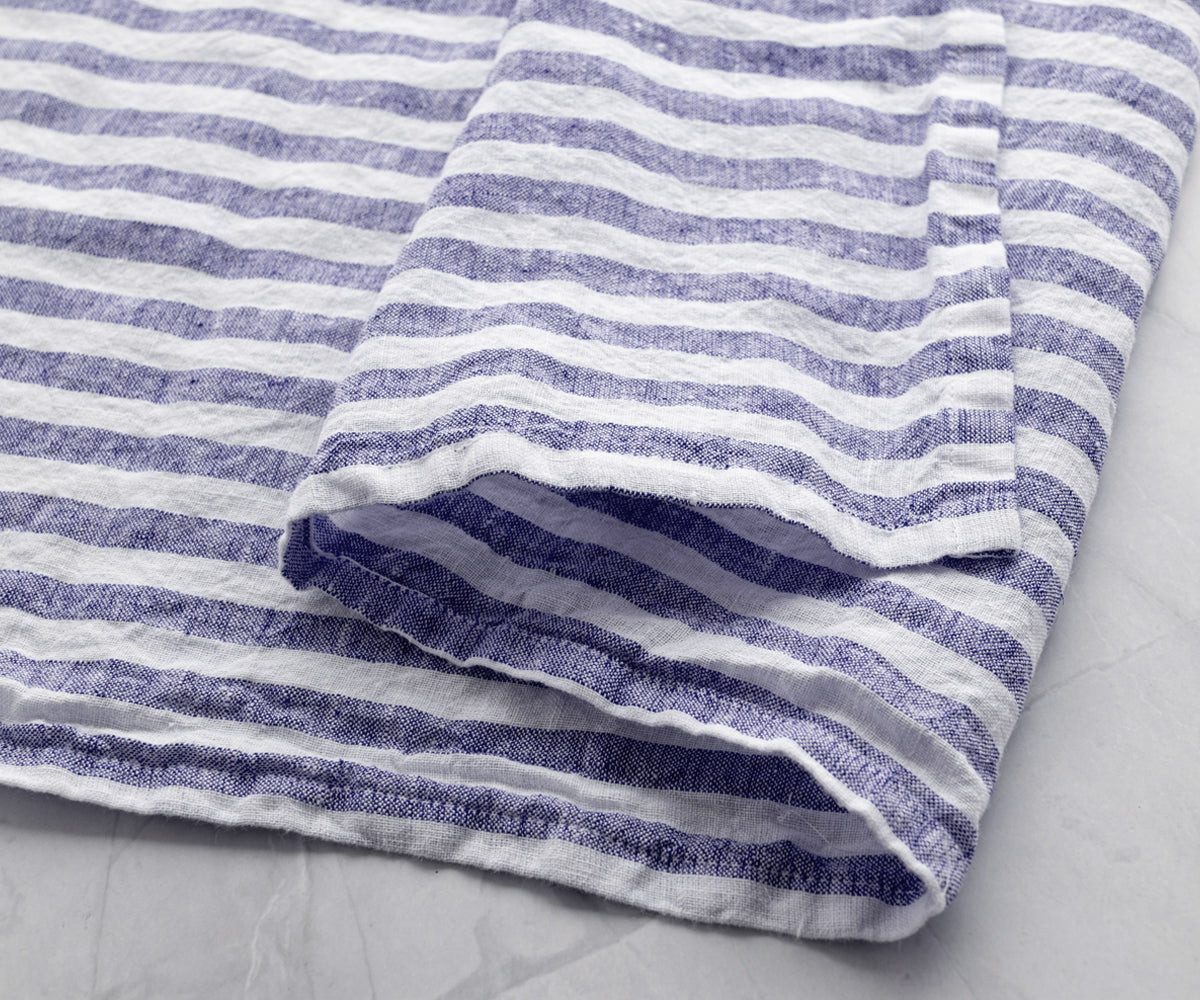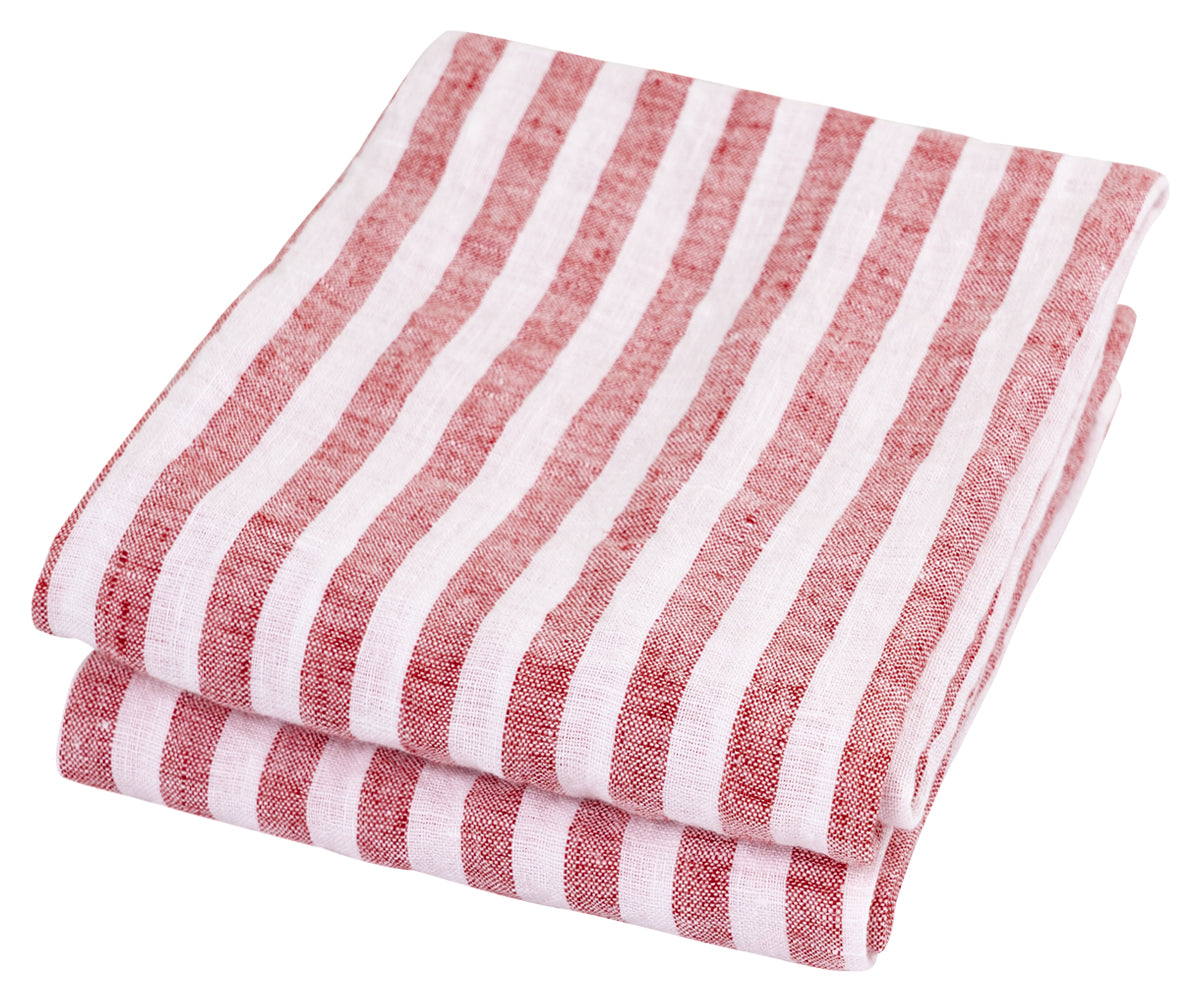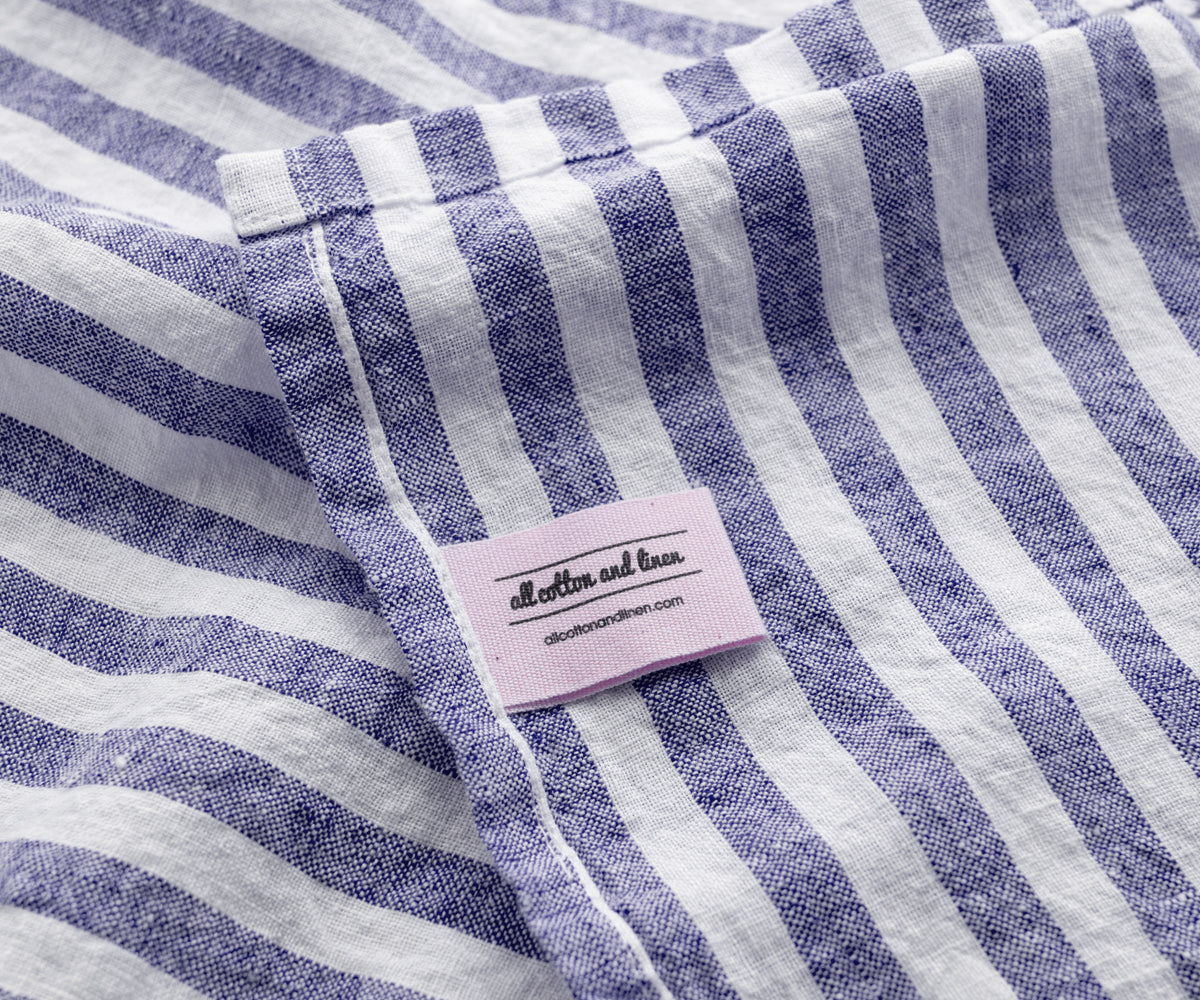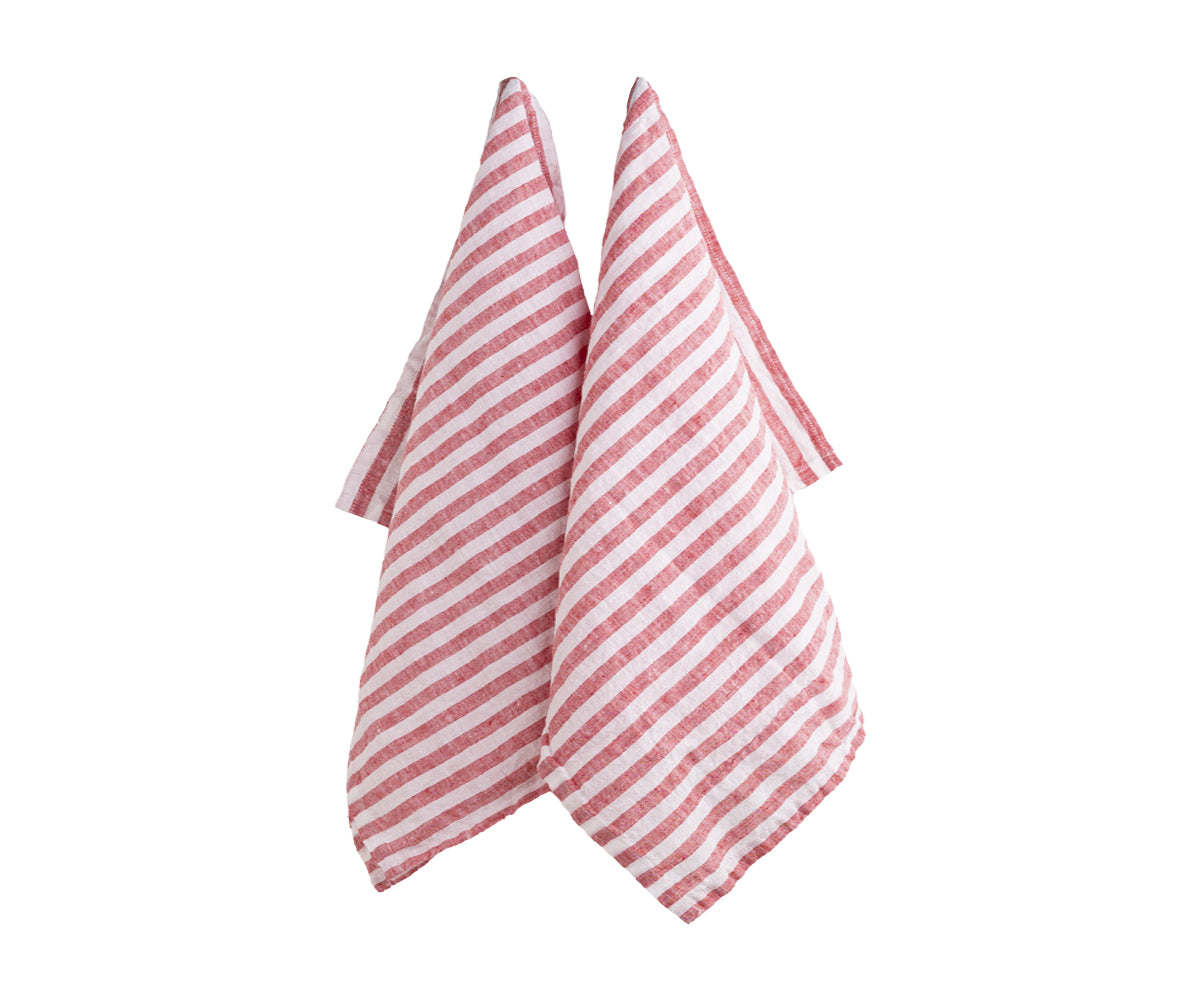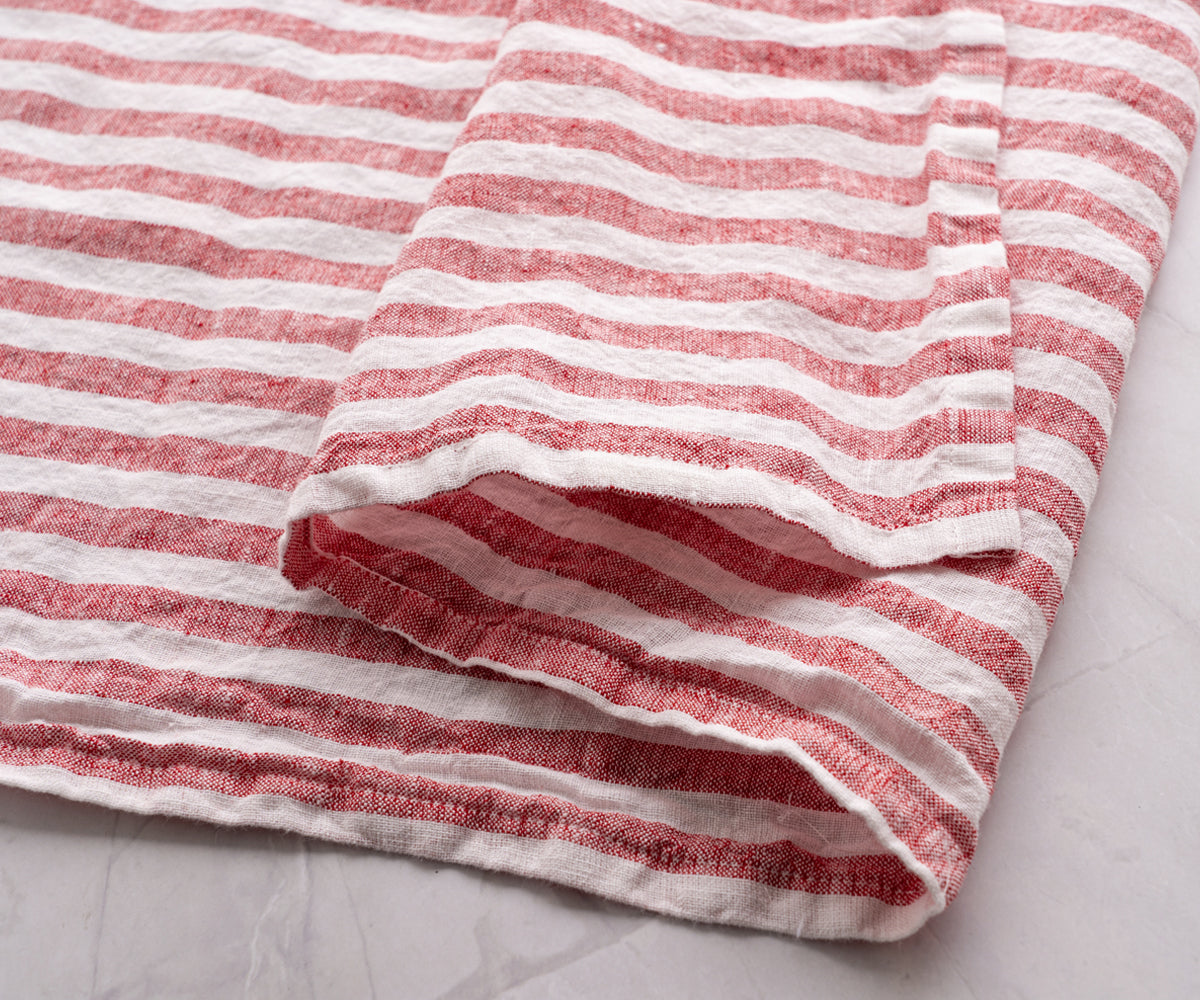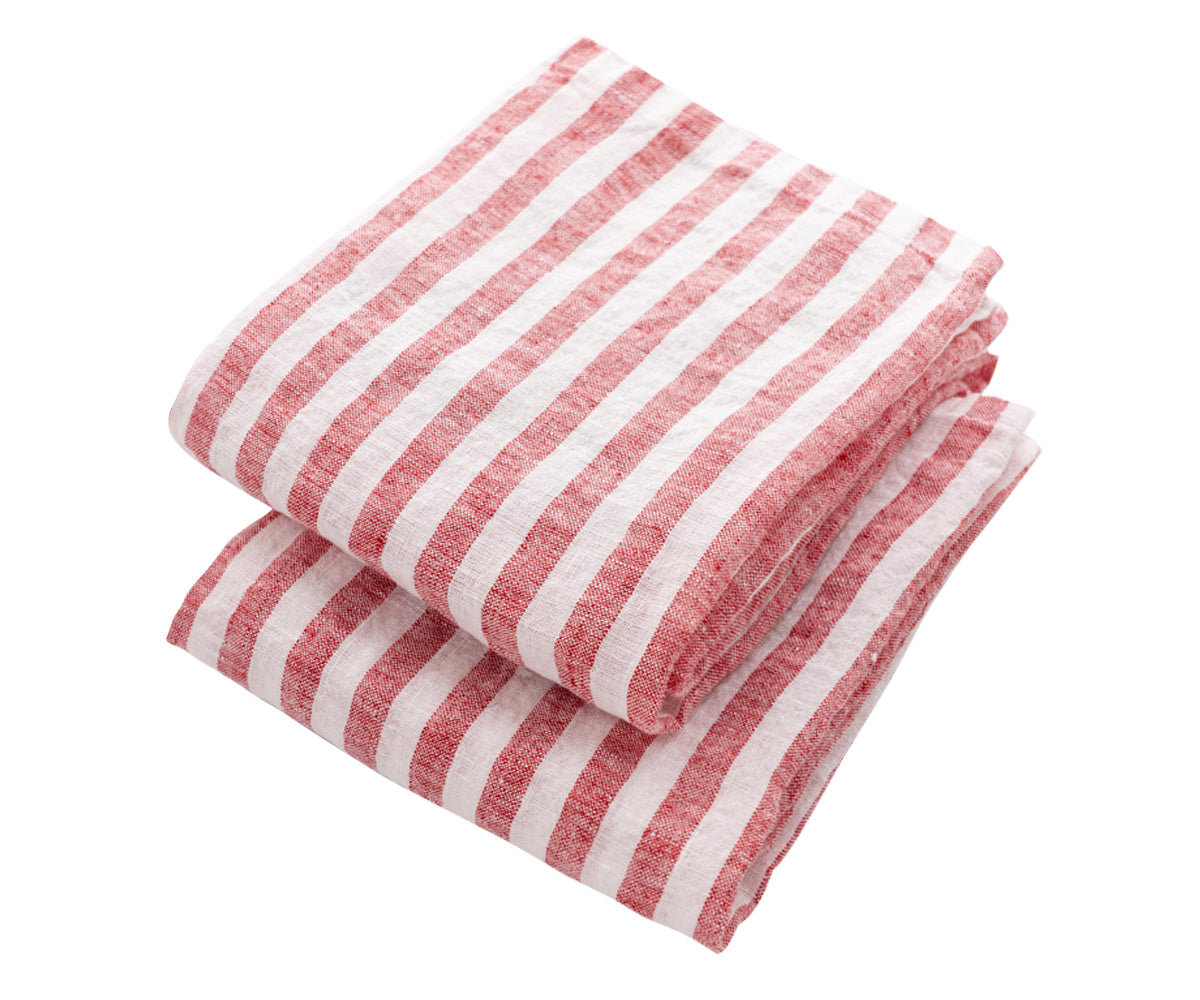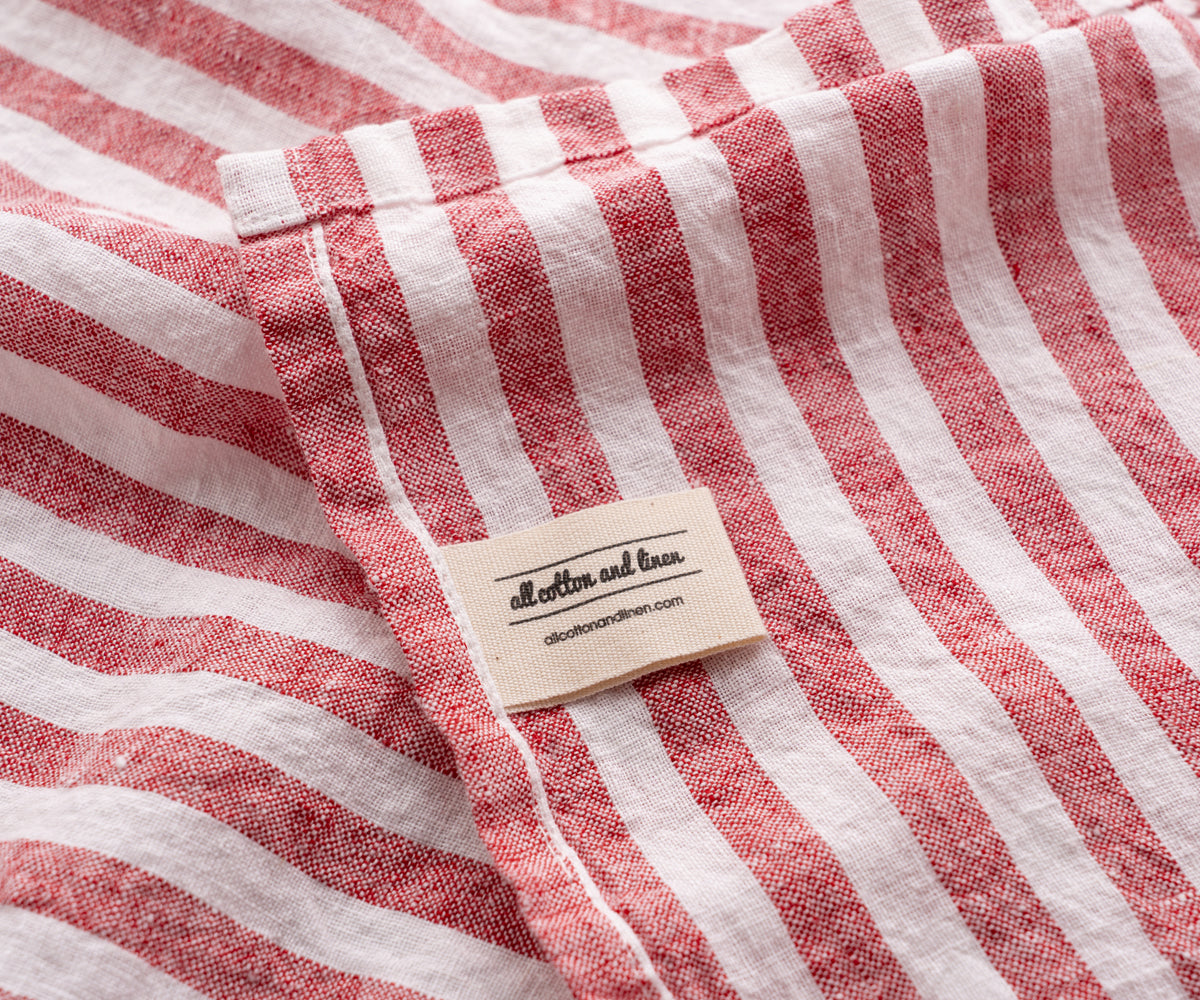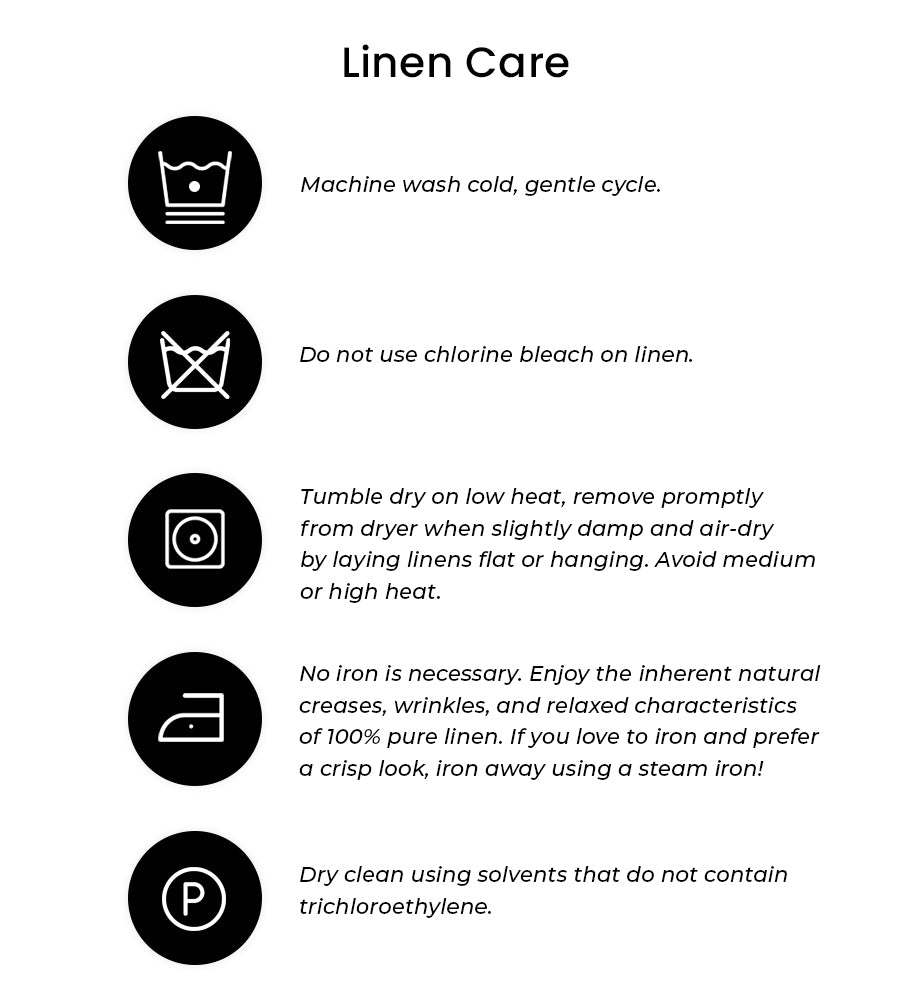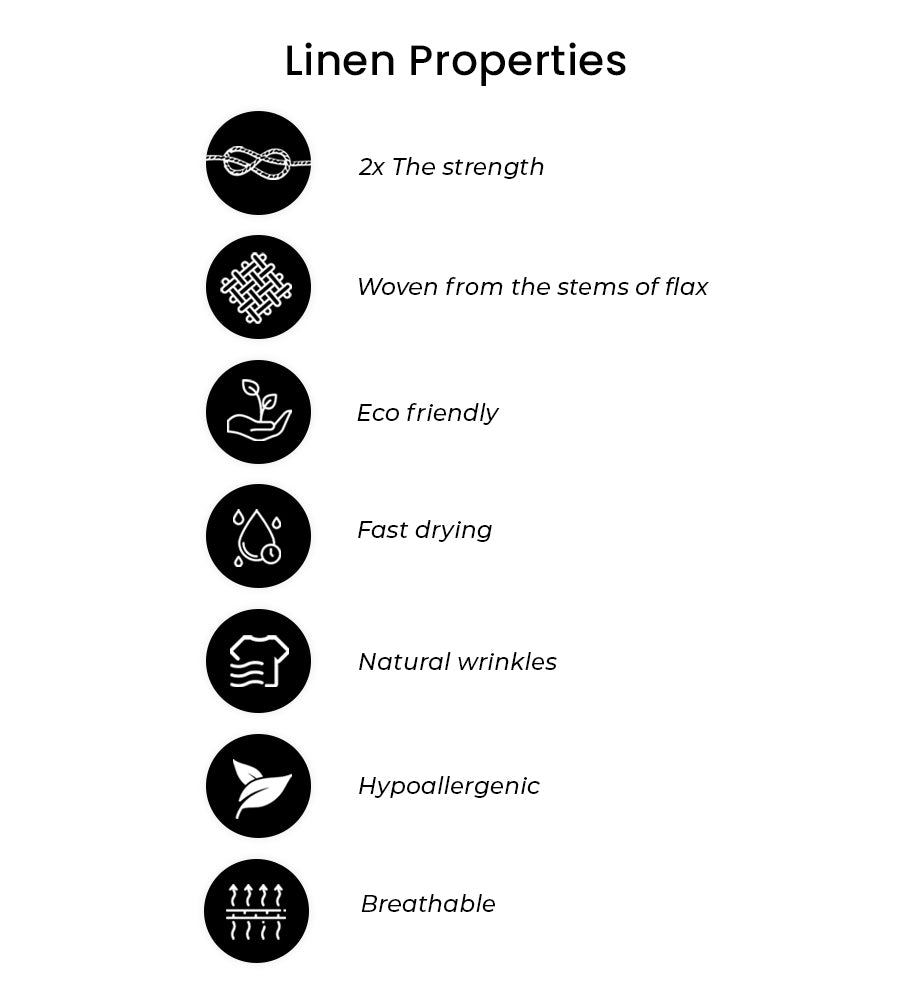
Hygiene Matters:
One of the key reasons to wash your towels separately is hygiene. Your dish towels, particularly those used in the kitchen, are unsung heroes in the battle against messes and spills. They absorb everything from spilled tomato sauce to the remnants of your morning coffee. Because they are so absorbent, they also become the perfect breeding grounds for bacteria, mildew, and mold.

Preventing Color Transfer:
Do you own a collection of pristine white towels? White towels, often used in bathrooms for their classic and clean look, can be susceptible to color transfer if washed with colored fabrics. The last thing you want is your pristine white towels coming out of the laundry with unsightly splotches of color.
To preserve the whiteness of your towels, it's advisable to wash them separately or with similarly colored items. This prevents any accidental color bleeding from other fabrics and keeps your white towels looking crisp and fresh.

Maintaining the Softness of Towels:
Softness is another crucial factor in towel quality. Nobody enjoys drying off with a scratchy, stiff towel. Towels tend to shed lint, and when washed with items like clothing, this can lead to lint buildup on both the towels and the clothing.
By dedicating a separate wash cycle to your towels, you can reduce this issue. Your most absorbent dish towels will remain gentle and comfortable against your skin, providing that cozy post-shower feeling you crave.

Preserving Vintage and Delicate Towels
If you have vintage dish towels or delicate towels, these treasures require special care. Washing them separately is not just a preference; it's essential to protect their intricate designs and prevent damage. Vintage and embroidered towels often need gentle handling, best achieved in a dedicated wash cycle.
So, what about those kitchenaid dish towels, red dish towels, and other varieties? The rule of thumb remains the same: wash them separately or with like-colored and similar-textured items to ensure the best care for your textiles.

Practical Tips for Washing Towels Separately:
- Separate by Color: Group your towels by color before washing. Keep whites with whites, darks with darks like red dish towels, and so on. This reduces the risk of color transfer.
- Use the Right Detergent: Opt for a high-quality detergent for your linen dish towels. Don't use too much detergent, as this could lead to detergent buildup, making your towels less absorbent over time.
- Don't Overload: Avoid overloading your washing machine. Overloading can prevent proper agitation and rinsing, leaving detergent residue on your towels.
- Proper Drying: Use a moderate heat setting to avoid damaging the fibers. Overdrying can make towels feel stiff and reduce their lifespan.
- Regular Cleaning: Keep your washing machine clean. A dirty machine can transfer dirt and odors to your towels.
The Bottom Line:
In conclusion, washing your kitchen towels separately might require an extra laundry load, but the benefits are well worth the effort. It ensures the hygiene of your kitchen towels, maintains their absorbency, prevents color transfer, keeps your white towels white, and preserves the softness of all your towels.
